News
Check the date at the top of the page, and you can find all the "morning headlines" stories here. You can also follow us on Facebook and get all the news in your feed.
A schedule of all the main events involving Slovenia this week can be found here
This summary is provided by the STA:
Janša thinks early election possible
LJUBLJANA - Janez Janša, the leader of the opposition Democrats (SDS), believes that the coalition is "clinically dead", and with the current balance of power making it impossible to build a strong alternative majority, he thinks an early election is in the cards. Janša told TV Slovenija in a rare interview late on Sunday that "it will be clear in the next few weeks" whether someone is ambitious enough to try to put together a government. Opposition New Slovenia (NSi) leader Matej Tonin confirmed today his party was taking part in talks about a potential new coalition, saying such talks were under way all the time. MP Jerca Korče of the ruling Marjan Šarec List (LMŠ), on the other hand, said that the government was far from clinically dead.
PM reacts to controversial Christmas greeting
LJUBLJANA - PM Marjan Šarec responded to a Christmas greeting Education Ministry State Secretary Jernej Štromajer had posted on Twitter and the backlash it had caused, by saying that the post was "highly inappropriate" for a senior state official. He added that if Štromajer were a member of his party or his cabinet, he would have been dismissed immediately. On Christmas Eve, Štromajer twitted a photo saying "Merry Christmas Ya Filthy Animal", a well-known quote from Christmas classic Home Alone 2.
Minister: Measures more important than declaring climate emergency
LJUBLJANA - Environment Minister Simon Zajc responded to calls for Slovenia to declare a state of climate emergency from NGOs as well as the parliamentary speaker and a special climate policy panel of experts at the Slovenian president's office. "Concrete measures are more important than declaring a climate crisis," he said, adding the measures would be set down in the emerging national climate strategy until 2050. It is important to see if a majority in parliament supports the necessary measures that would have to be taken if a climate emergency is declared, he said.
Five hospitals must return EUR 5m in bailout funds
LJUBLJANA - The newspaper Delo reported that five hospitals must return a total of EUR 4.9 million in the restructuring funds they had received from the state in 2017 because the funds had not been spent withn the deadline, which was however set retroactively. The decision of the Budget Supervision Office concerns the Ljubljana Institute of Oncology, the Slovenj Gradec, Celje and Trbovlje general hospitals and the Kranj Maternity Hospital. The Institute of Oncology has already returned EUR 3 million to the state budget, while the others will appeal the decision. On 30 November 2017, 15 hospitals received EUR 136 million to get out of the red by the end of 2021. In July 2018, the government set, upon intervention of the Budget Supervision Office, the cut-off date for spending the funds.
Chemistry Institute gets follow-up grant for CRISPR innovation
LJUBLJANA - A senior National Chemistry Institute researcher has received a EUR 150,000 follow-up grant from the European Research Council (ERC) to develop applications for a novel gene-editing method that was discovered as part of an earlier ERC grant. Roman Jerala, the head of the Chemistry Institute's synthetic biology department, had received the prestigious EUR 2.5 million ERC advanced grant for protein research in 2018 and his team have already discovered a novel way to use the popular CRISPR gene editing technique.
Energy group GEN's annual revenue at EUR 2.2bn
KRŠKO - Power utility group GEN generated EUR 2.2 billion in revenue and EUR 48 million a net profit last year, and invested EUR 100 million. The parent company, GEN Energija, generated EUR 207 million in revenue and EUR 26 million in net profit. The group, which exceeded plans by 25%, had a good business year, GEN Energija CEO Martin Novšak told the press. Even if the government has not taken any final decision on building a second nuclear reactor in the country, GEN Energija, which manages Slovenia's only N-plant NEK, will continue planning its construction, deeming the project "economically viable and justified from the aspect of the environment and climate".
Human rights ombudsman meets Austrian counterpart
LJUBLJANA - Slovenia's Human Rights Ombudsman Peter Svetina met his Austrian counterpart Werner Amon, who is also secretary general of the International Ombudsman Institute, to discuss cooperation between ombudsmen in Europe. The institute was formed in 1978 to promote the role of ombudsman, cooperation and know-how exchange, with Slovenia being its member for more than a decade.
Maritime pilot hero honoured for preventing disaster
LJUBLJANA - The Environment Ministry gave out its first environmental award today to honour Andrej Gorup, a maritime pilot working in the port of Koper who prevented an environmental disaster in April 2019. Gorup rerouted a Swedish oil tanker heading towards the port with an alarming speed. The tanker was carrying between 25,000 and 28,000 tonnes of diesel fuel, according to Gorup's estimate.
Slightly fewer cars sold last year
LJUBLJANA - Some 84,350 new cars and vans were sold in Slovenia in 2019, which is 1% less than the year before. Volkswagen dominated the market, selling the most cars, followed by Renault and Škoda. Some 73,190 cars were sold last year, a 2% drop compared to 2018. The number of vans registered for the first time increased by 6% to 11,160, shows data provided by the Slovenian Chamber of Commerce.
Ambitious Brda Spa project proceeding
GORIŠKA BRDA - A project to build a spa resort complex in the heart of Brda, a popular wine region in western Slovenia, has been given fresh impetus, as an investment agreement was signed last week between the Brda authorities and an Italian fund. Construction is expected to start in the near future. The EUR 50 million investment is expected to boost tourism and create new jobs.
Visiting Ljubljana? Check out what's on this week, while all our stories on Slovenia, from newest to oldest, are here
If you're learning Slovenian then you can find all our dual texts here
The skiing season is here, and with the lack of snow at lower altitudes it’s easy to forget that, once upon a time, skiing, sledding and the like could be reliably enjoyed outside the big resorts and off the mountains in Slovenia, a common part of winter life.
Related - Is there snow on the slopes in Slovenia?
Now with climate change the snow line is receding and cannons are often needed to keep the slopes in business, a trend that’s only likely to increase in the years ahead – provided the slopes and resorts stay open at all.
But all that’s rather depressing, so let’s take a break from the climate worries of today and look back at some postcards from Kranjska gora, with snow and without, and see what’s changed and what’s stayed the same over the last 120 years.
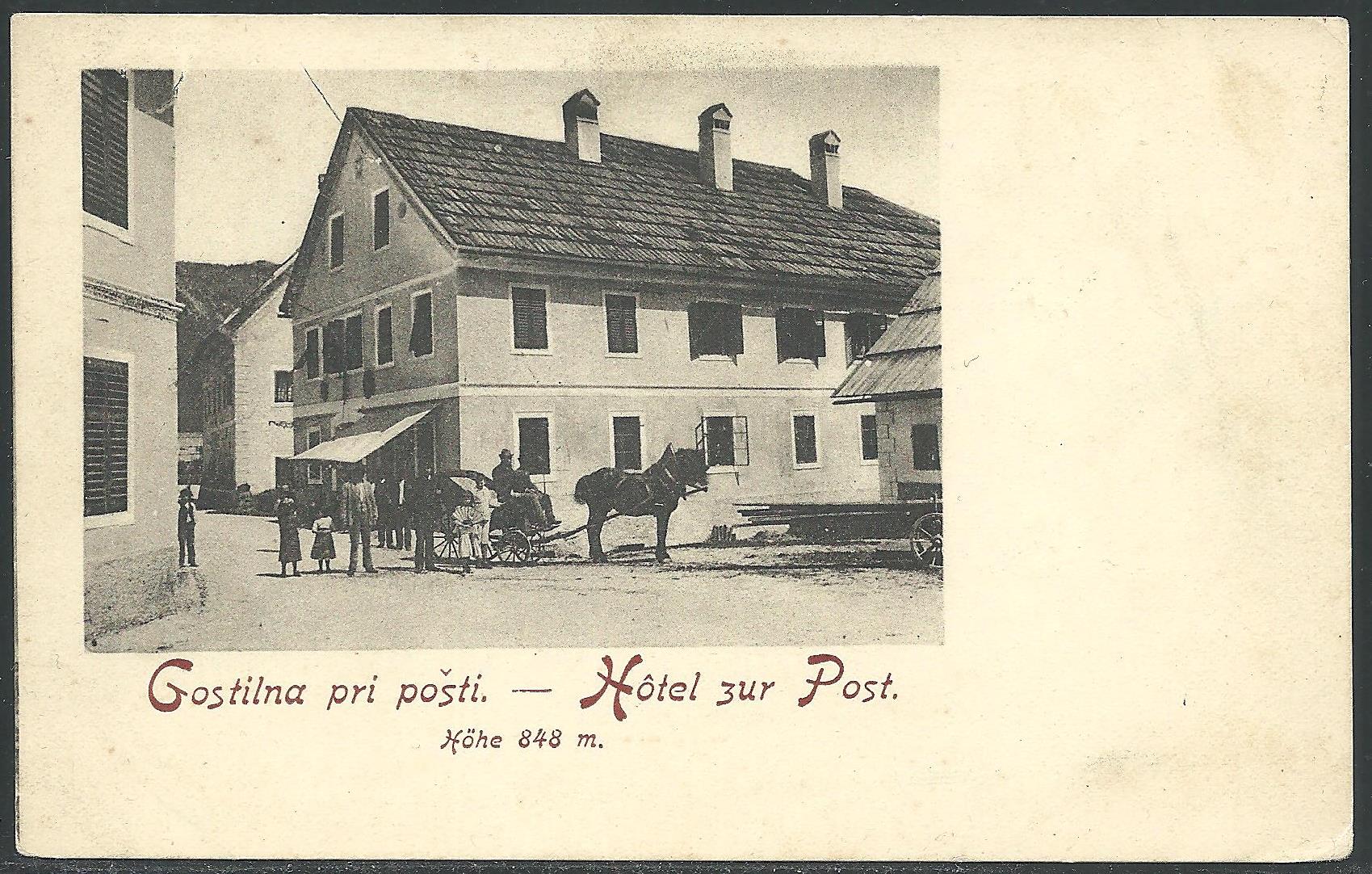
1900
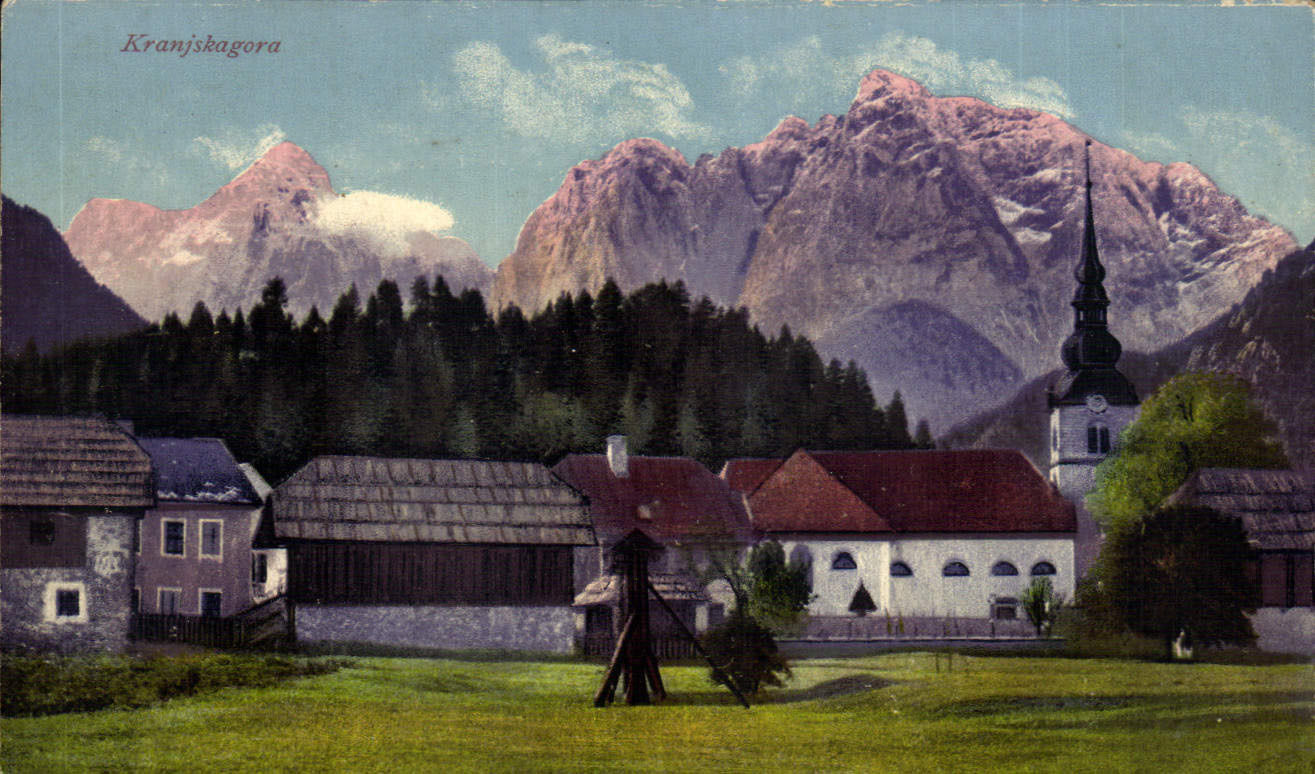
1910
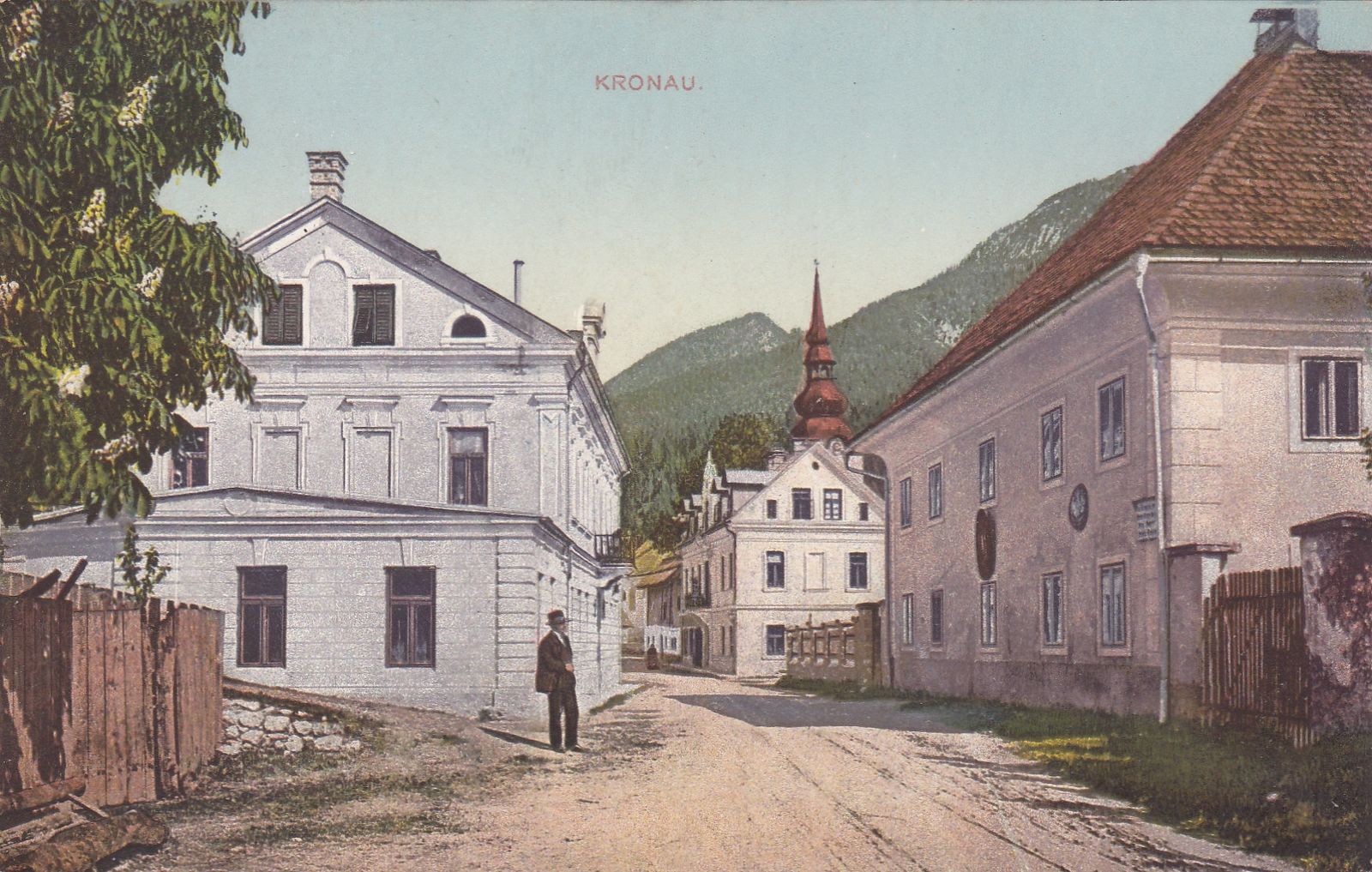
1913
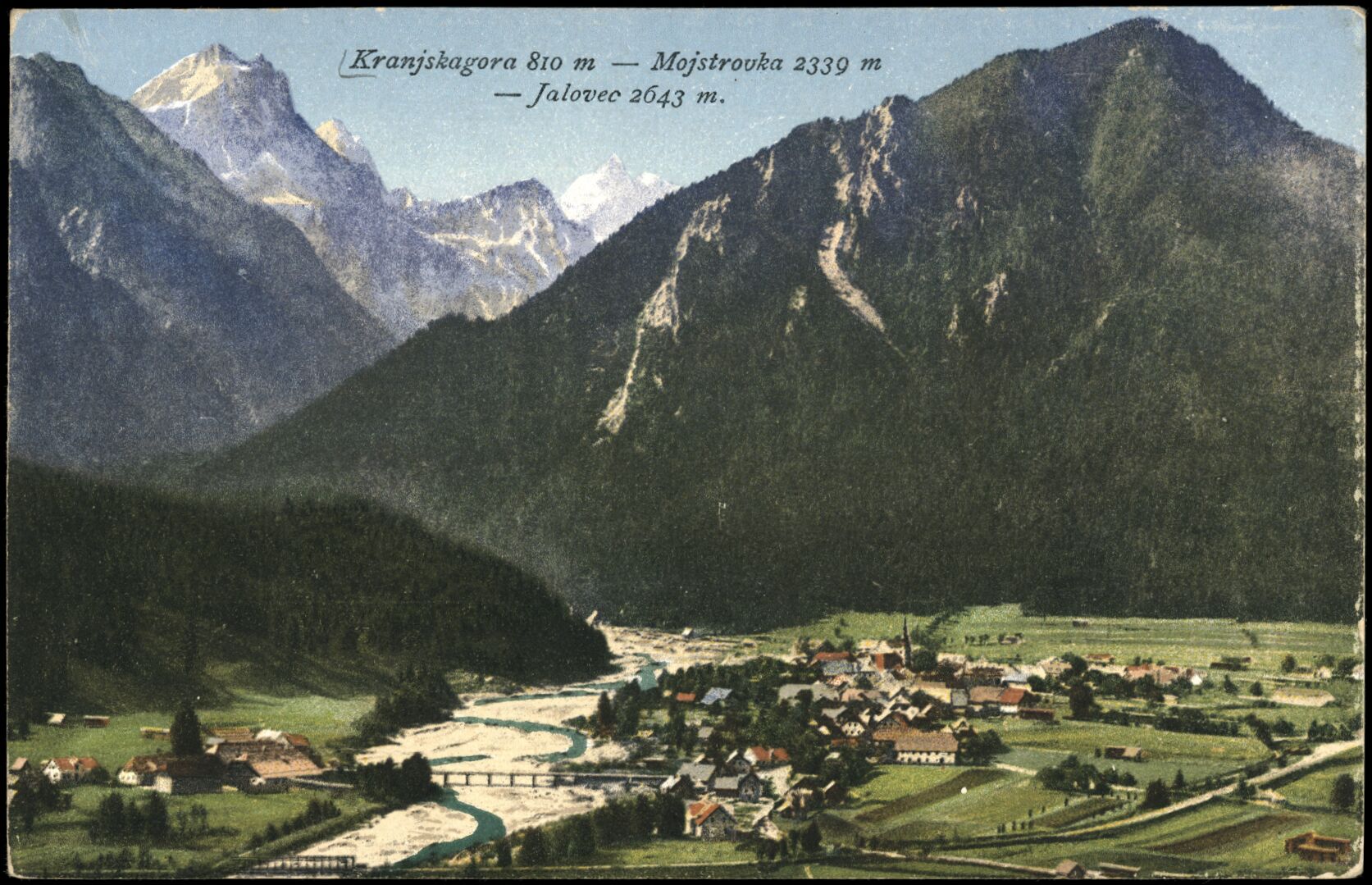
Undated
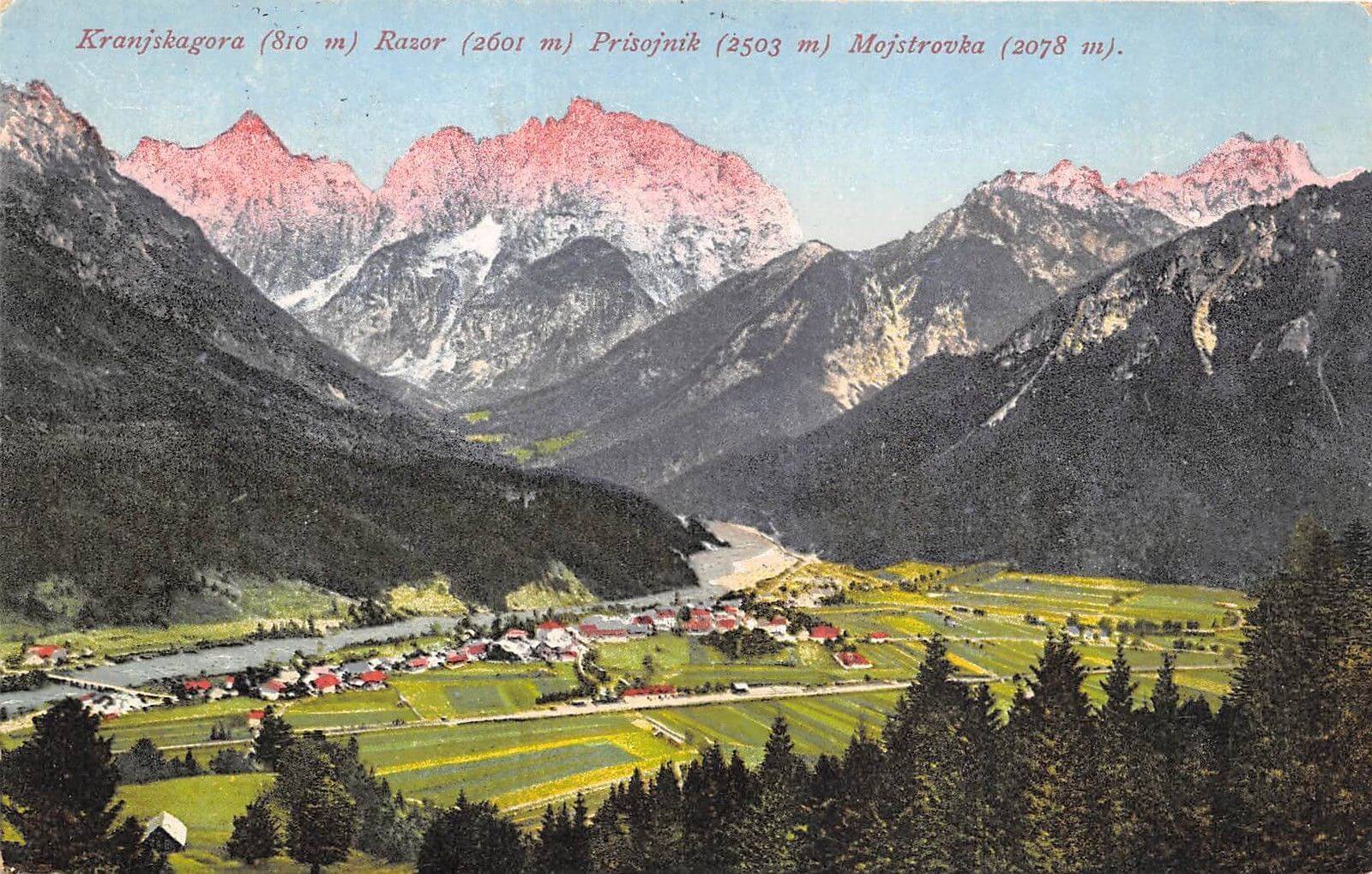
Undated
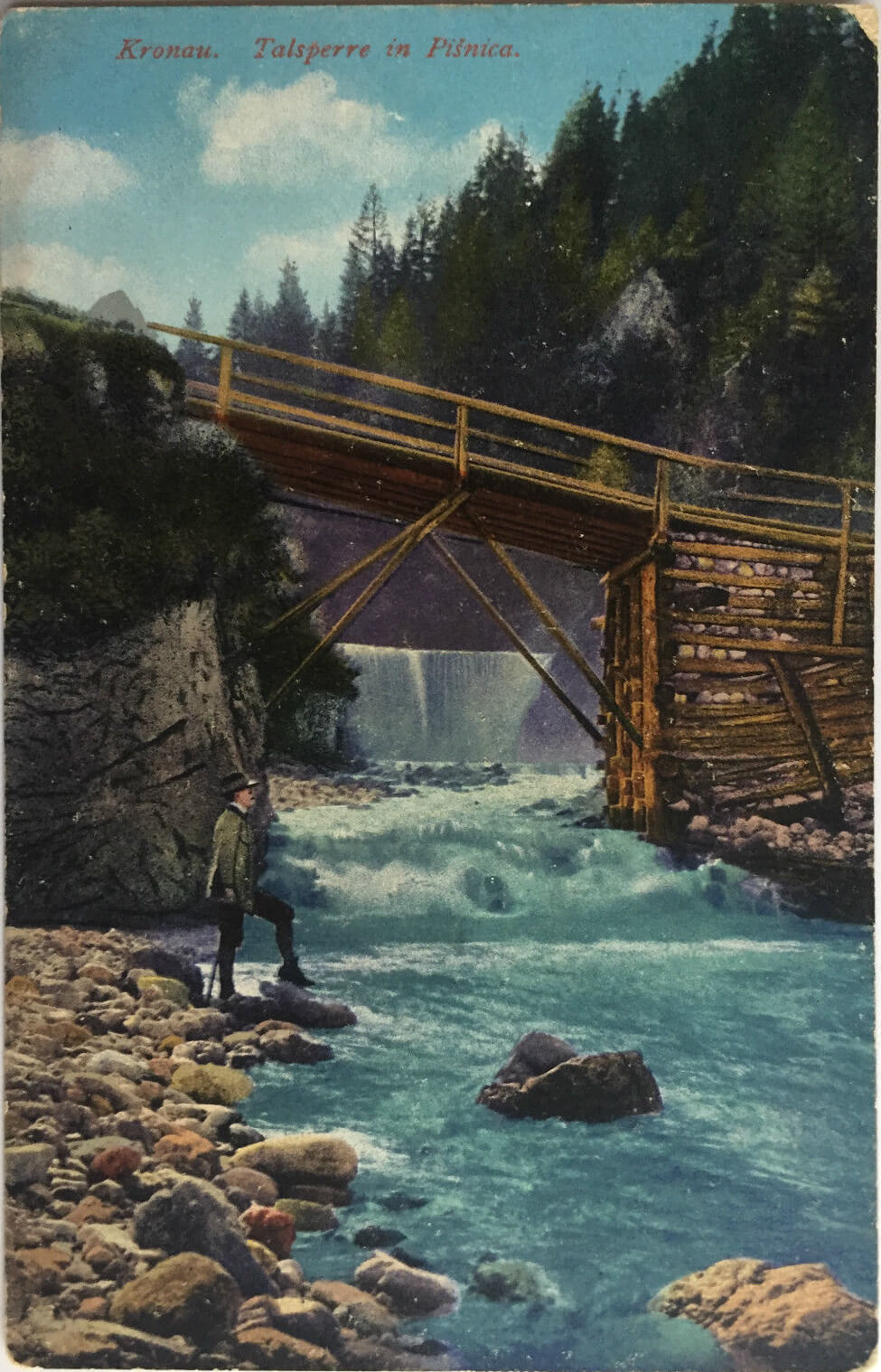
Undated

1933
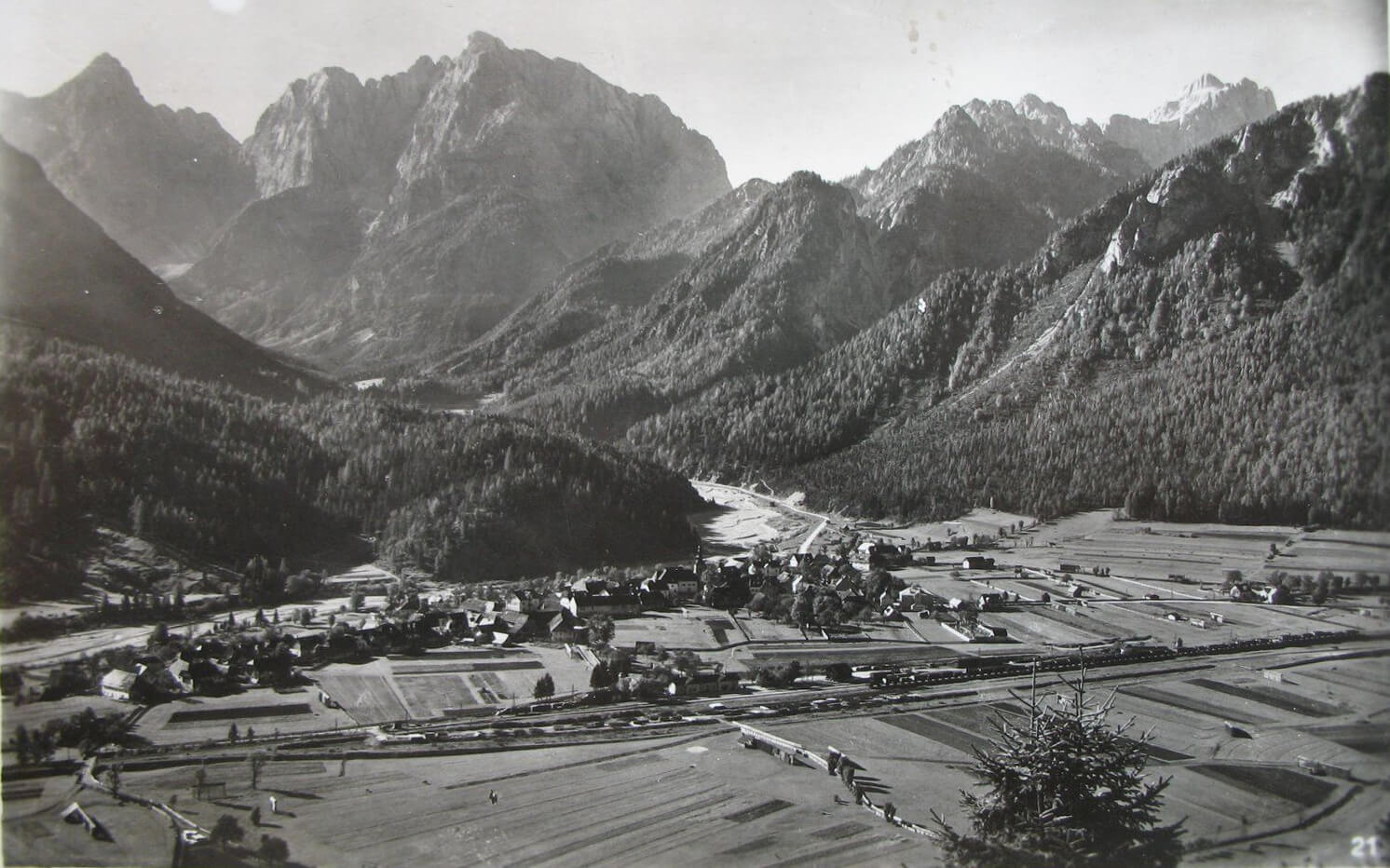
1938
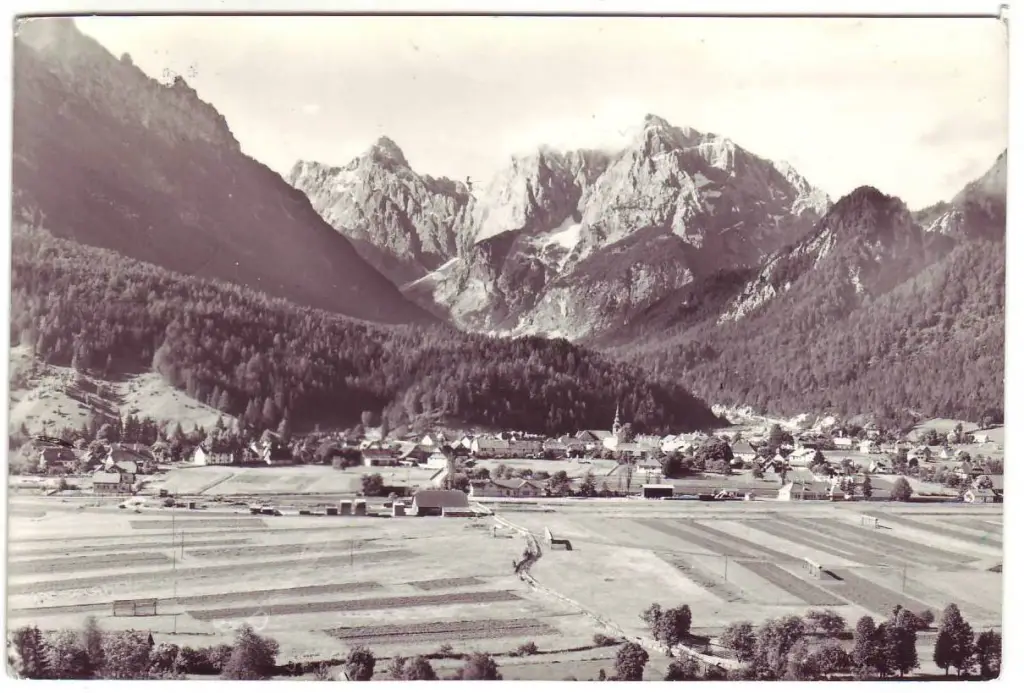
1960
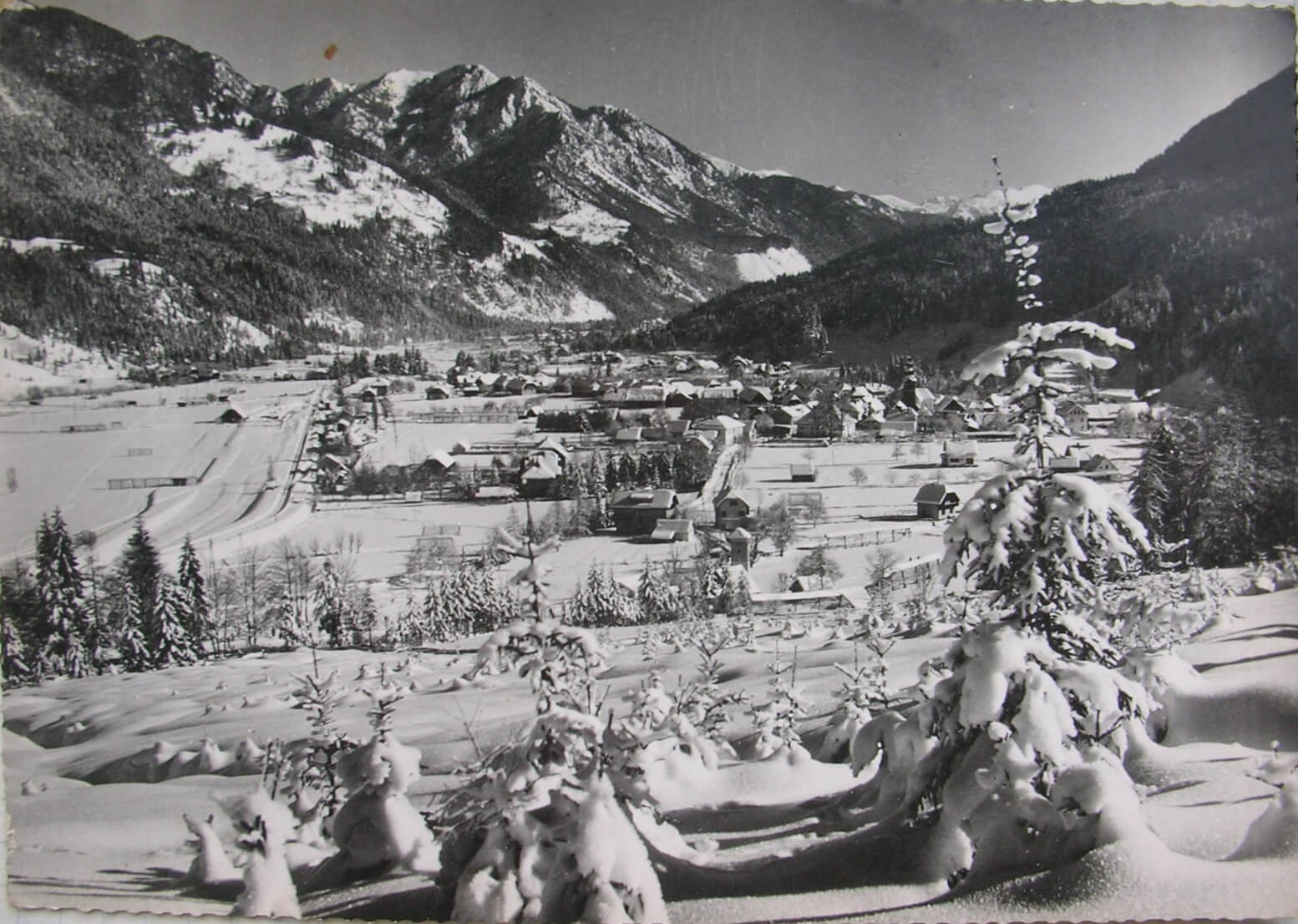
1960
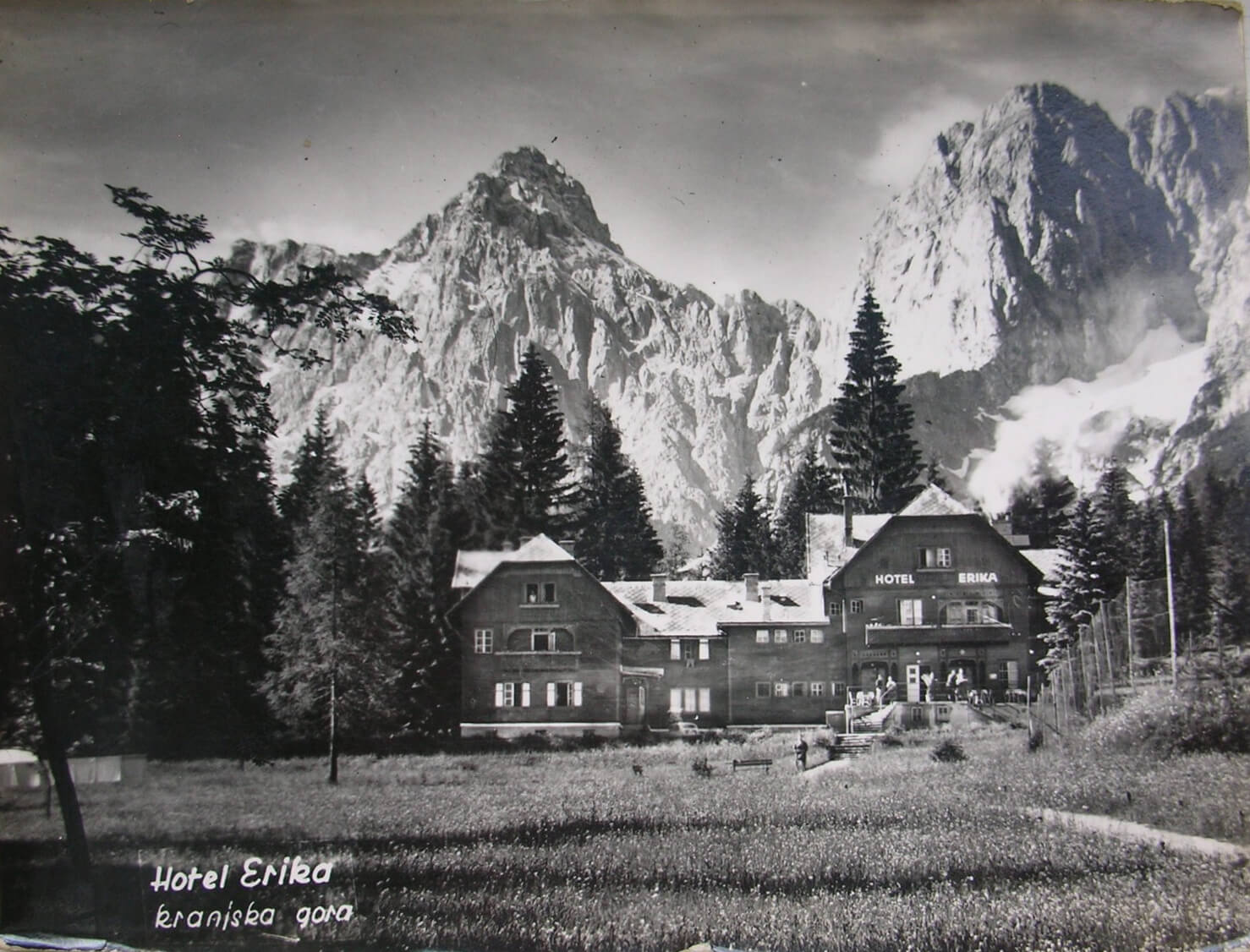
1960
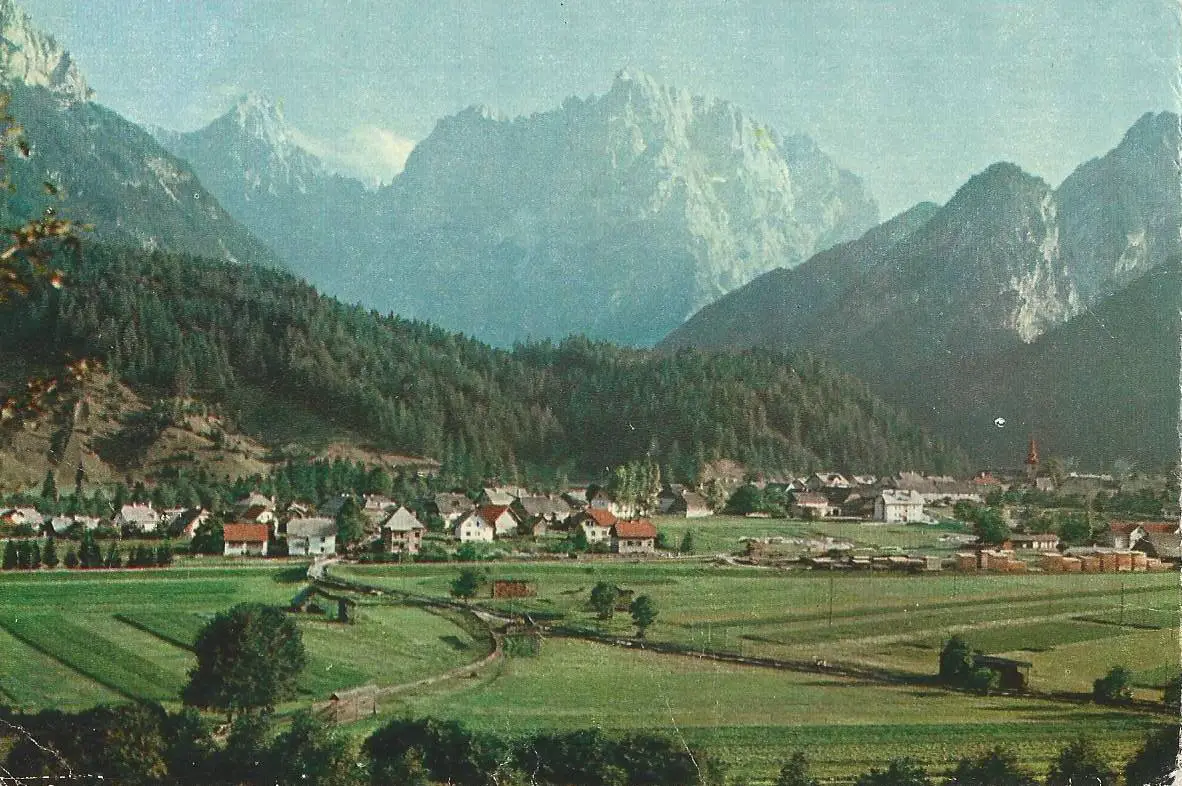
1962
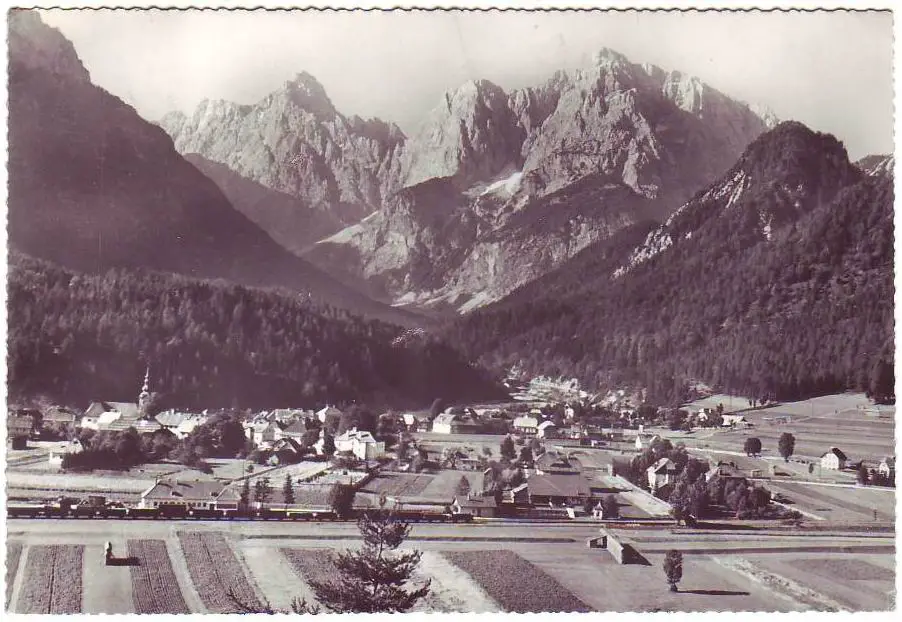
1964
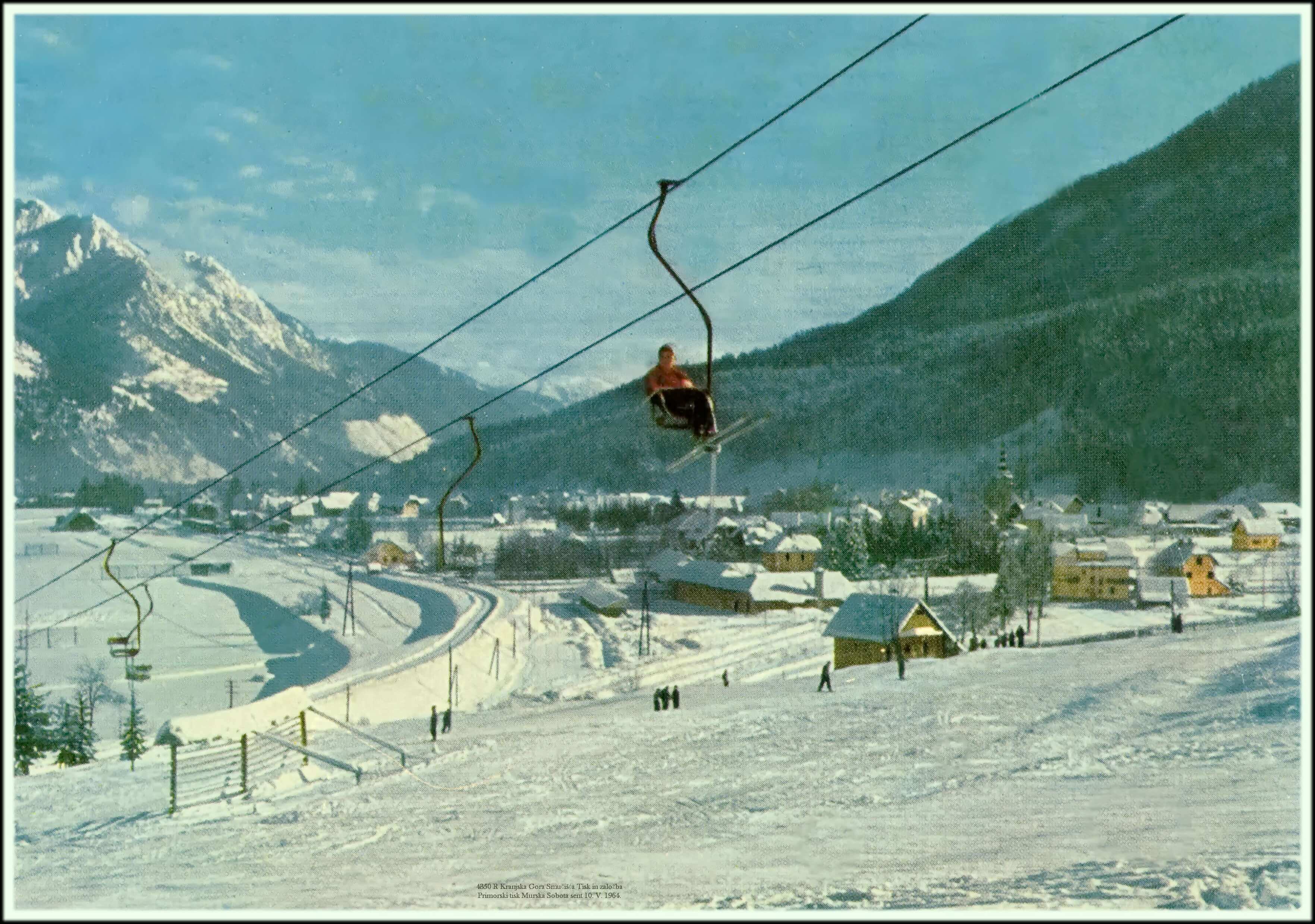
1964
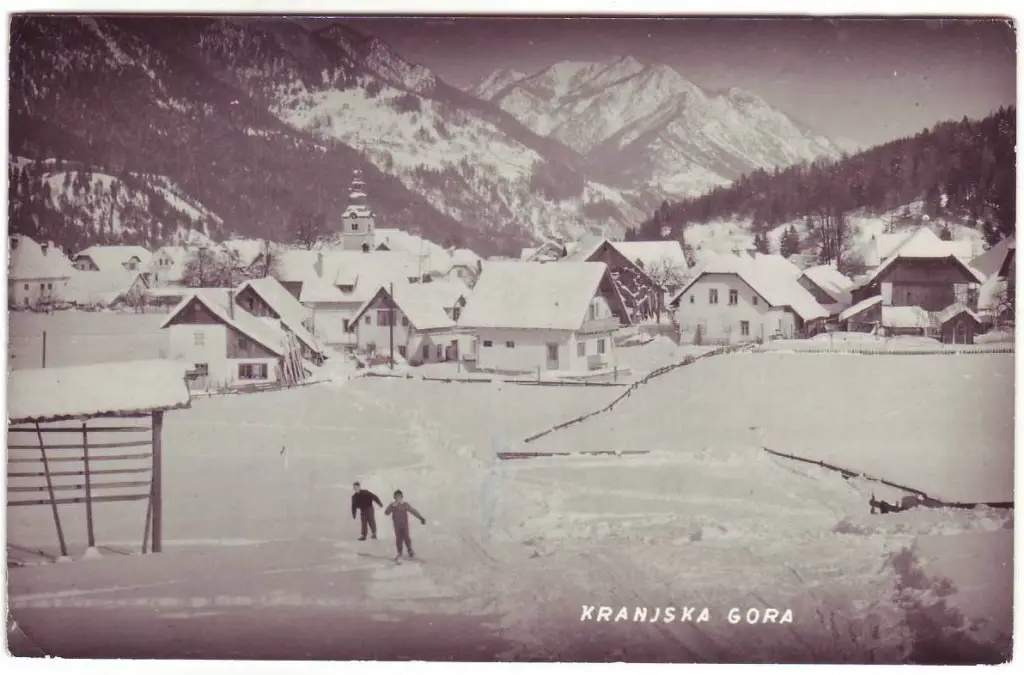
1964
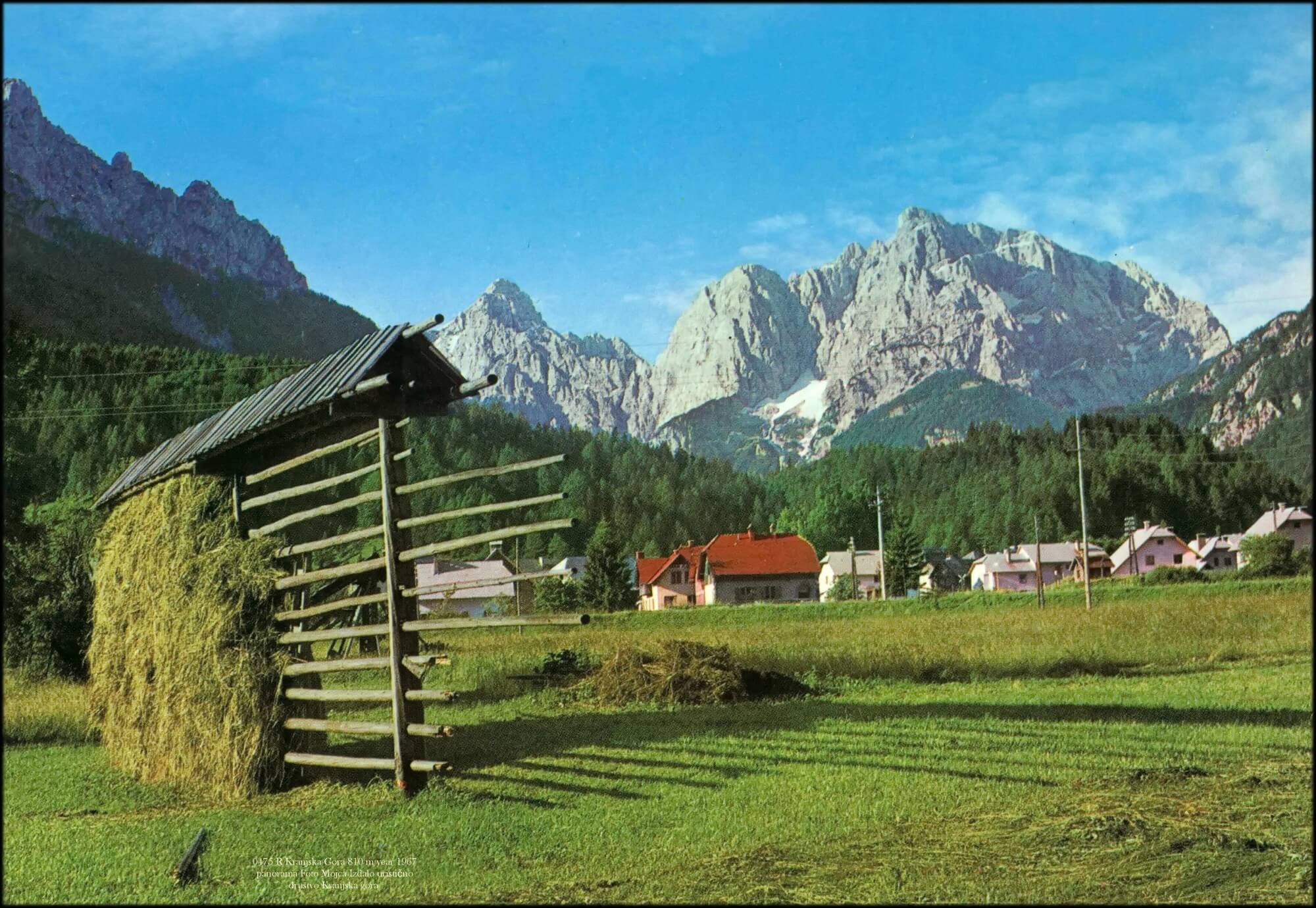
1969
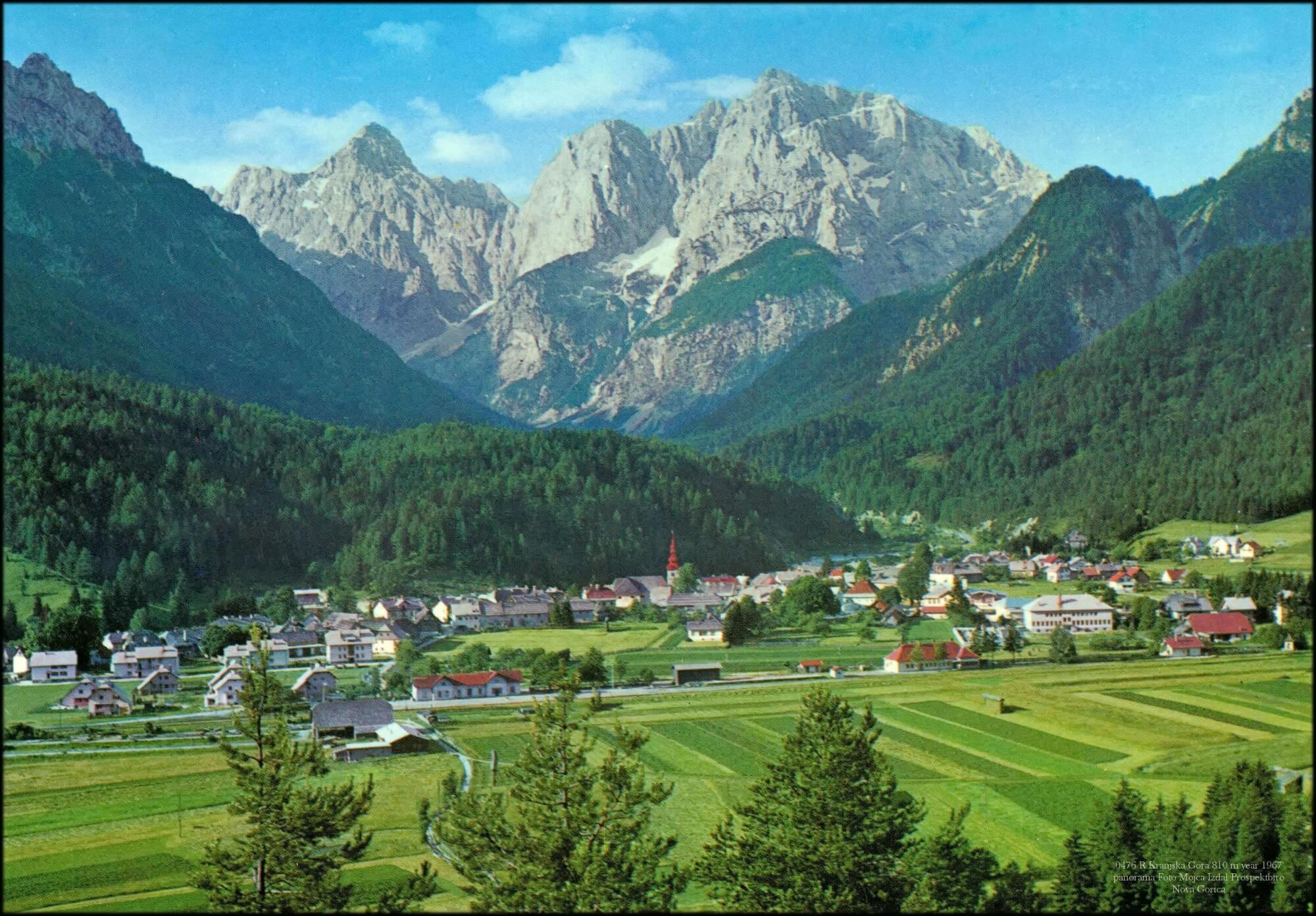
1969
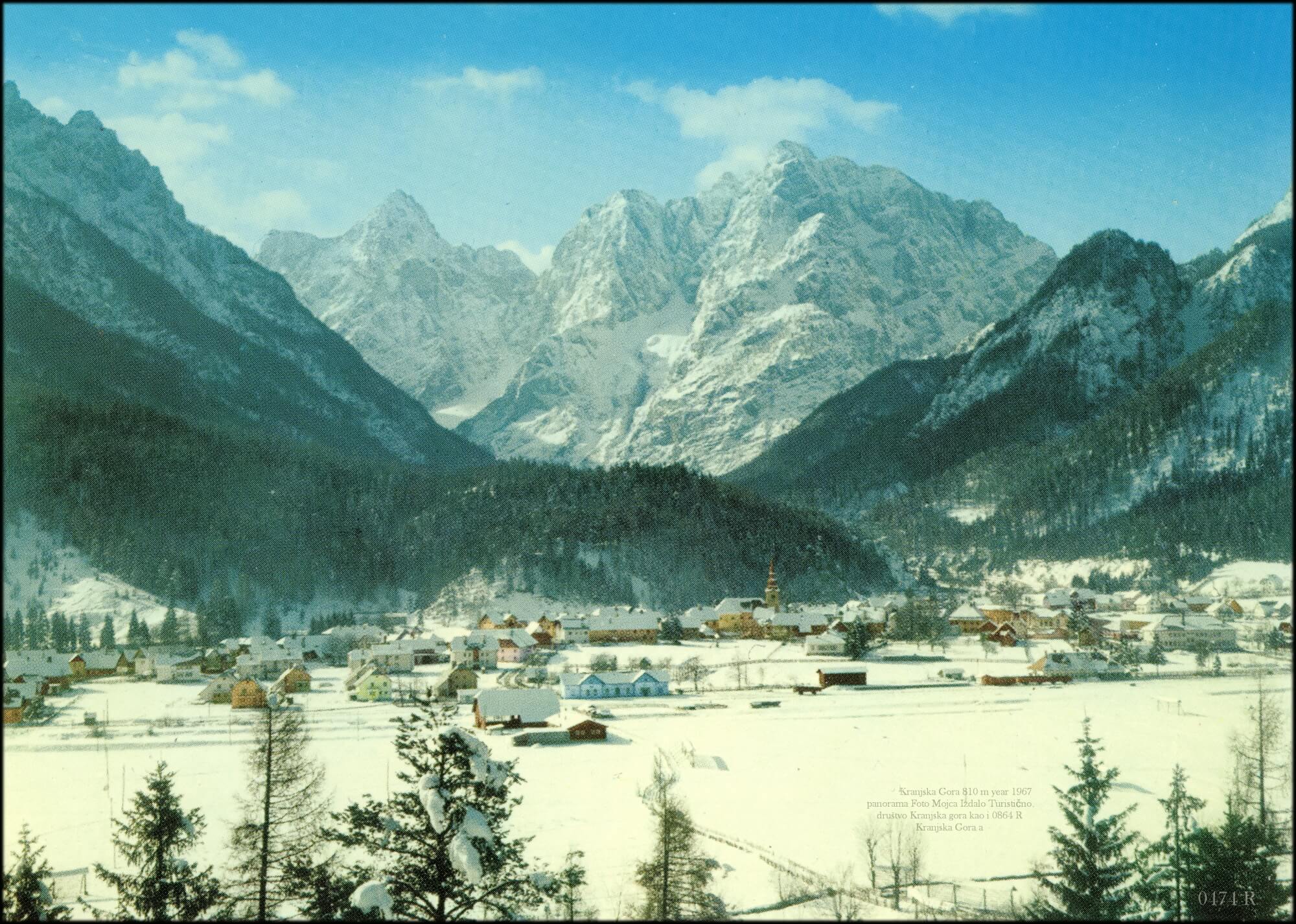
1969
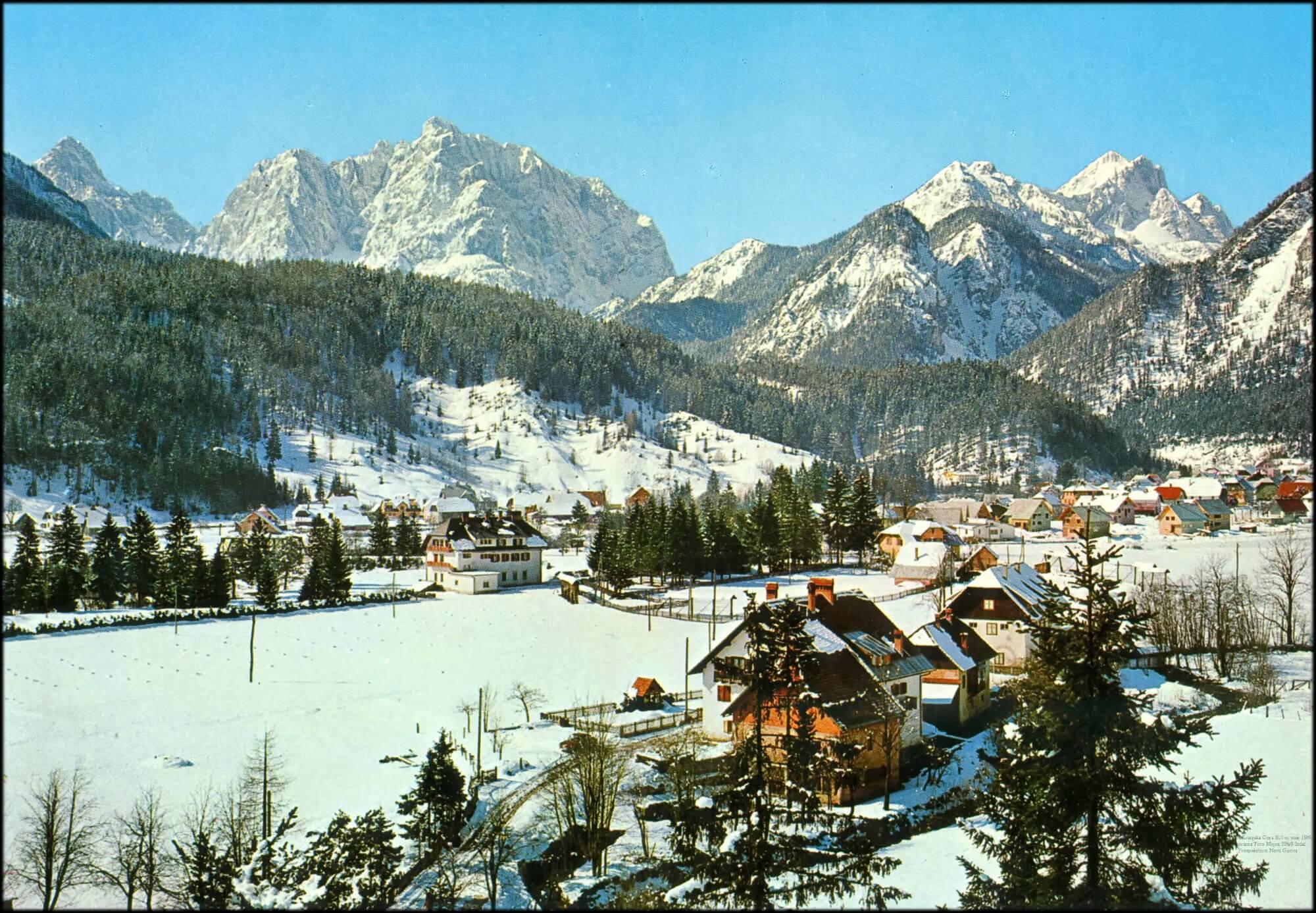
1969
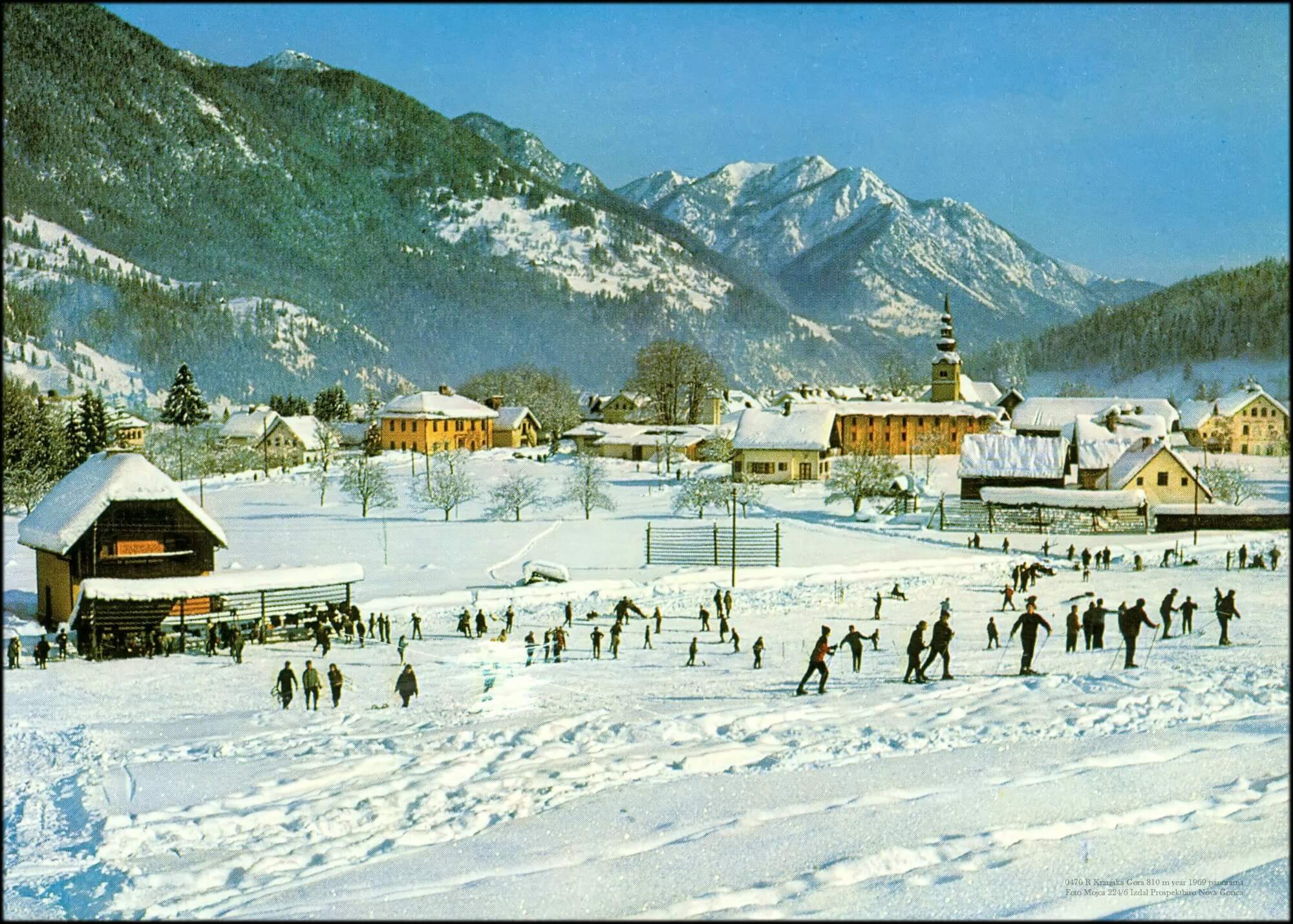
1969
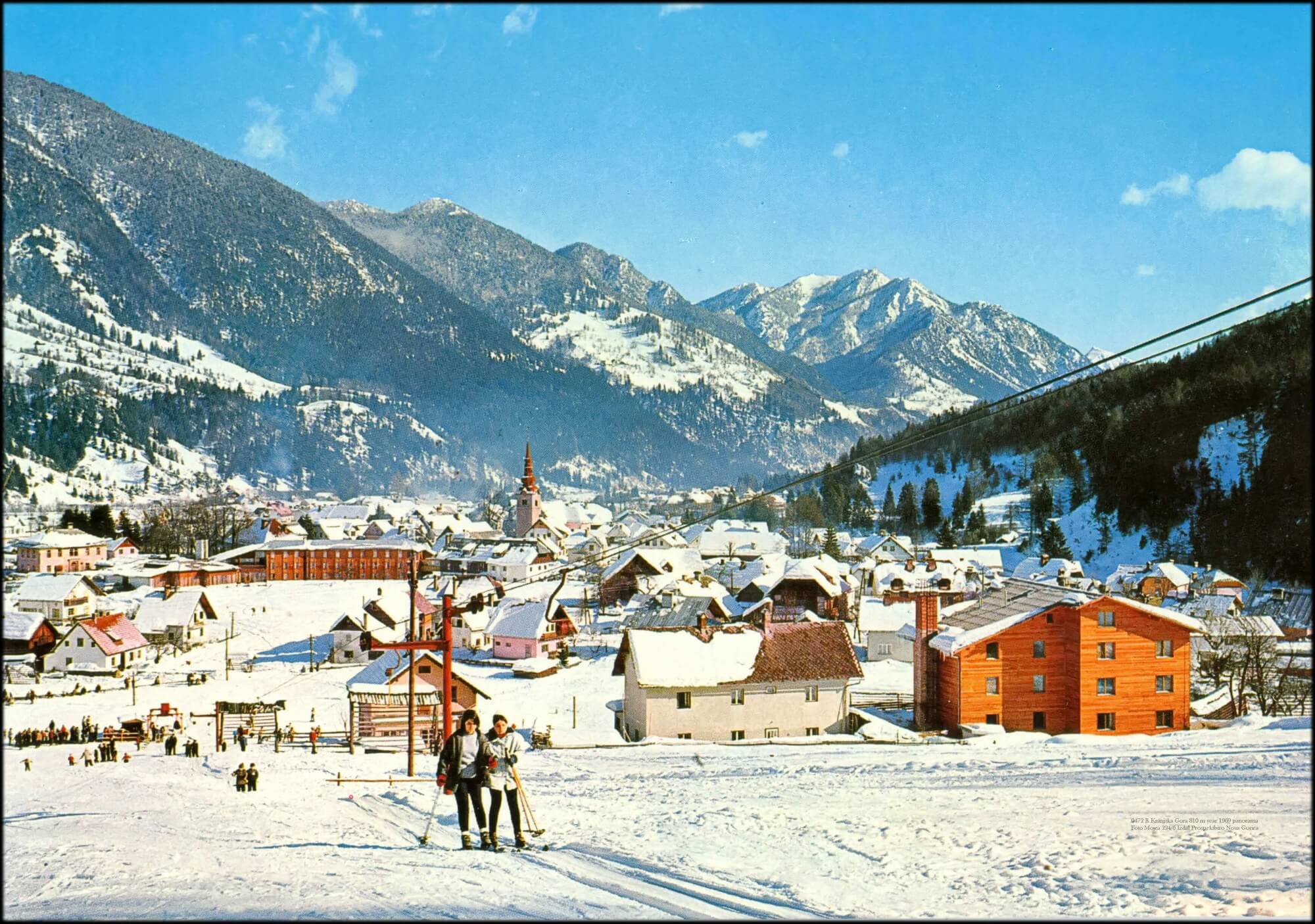
1969
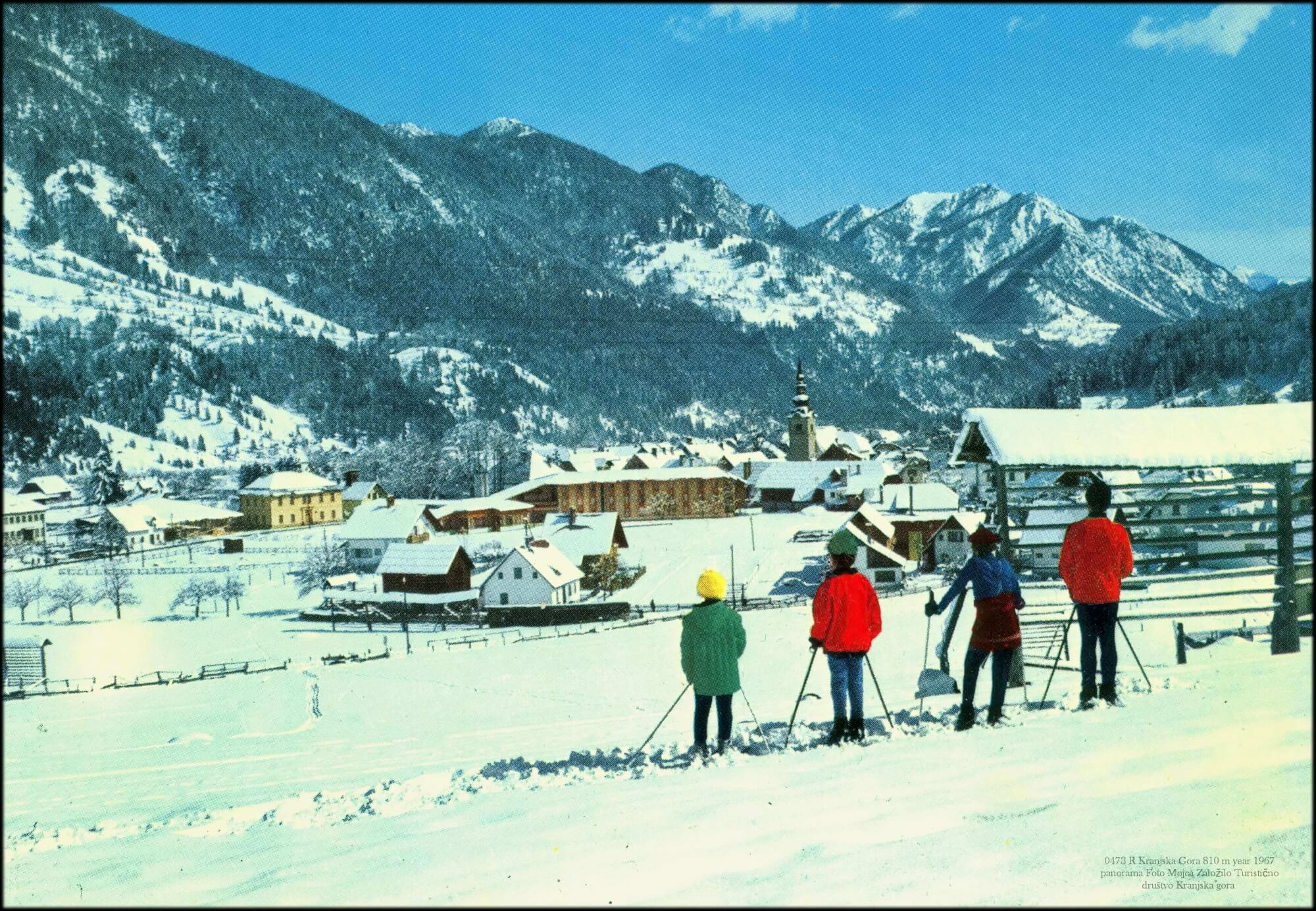
1969
You can see all our old photos stories here
STA, 13 January 2020 - PM Marjan Šarec responded on Monday to a Christmas greeting by Education Ministry State Secretary Jernej Štromajer on Twitter and the backlash it caused, saying that the post was "highly inappropriate" for a senior state official. He added that if Štromajer were a member of his party or his cabinet, he would have been dismissed immediately.
On Christmas Eve, Štromajer twitted a photo saying "Merry Christmas Ya Filthy Animal", a famous quote from Christmas classic Home Alone 2.
— dr. Jernej Štromajer (@JernejStromajer) December 24, 2019
The post has made part of the public, particularly Christians, go up in arms. New Slovenia (NSi) leader Matej Tonin said last week Štromajer's actions did not inspire tolerance and inclusivity, urging Šarec to respond to the developments.
The prime minister's office told the STA on Monday that Šarec considered Štromajer's post unacceptable. The prime minister also pointed out that the responsibility to appoint as well as remove state officials lied with coalition parties and relevant ministries.
In the wake of the incident, an online petition requesting Štromajer's stepping down has been launched by anti-gay and anti-abortion activists Metka Zevnik and Aleš Primc.
The petition, so far signed by just shy of 5,000 people, also announced support for protests which are planned for Wednesday if the government does not dismiss the state secretary by then.
Štromajer, a member of the coalition Social Democrats (SD), has apologised for the controversial post. Education Minister Jernej Pikalo, who has had words with the state secretary, wrote on his Twitter after the talk that "the Christmas statement could be funny in a comedy, but out of context it could also be inappropriate and offensive".
In today's written statement for the STA, Pikalo said state secretaries are judged by their performance, and Štromajer does a good job.
Given that the two of us discussed the incident and that Štromajer apologised before the end of the year, "I believe everything has been done for him stay on the job", he added.
People come to Slovenia for many reasons, some more unusual than others, and “en route to Mongolia” has to be one of the more interesting. Even more so when done on the back of a bicycle and with the aim of collecting good news about tackling the climate crisis on the way. So when we came across the story of Mike Elm we had to find out more, and sent along some questions that he kindly answered in between time in the saddle.
What brings you to Slovenia?
I’m currently on the “New Story Ride”, an epic bike-packing adventure that started in Vienna on 24th November 2019 and is heading towards Mongolia over the next two years. The New Story Ride was inspired by my partner Rosie Watson, who set off from the UK in August this year on the New Story Run [see more about that here].
Through the ride I’m finding and telling stories of how people are living and creating businesses and systems that make for a happier, more cooperative, compassionate and fun world whilst tackling the climate crisis.
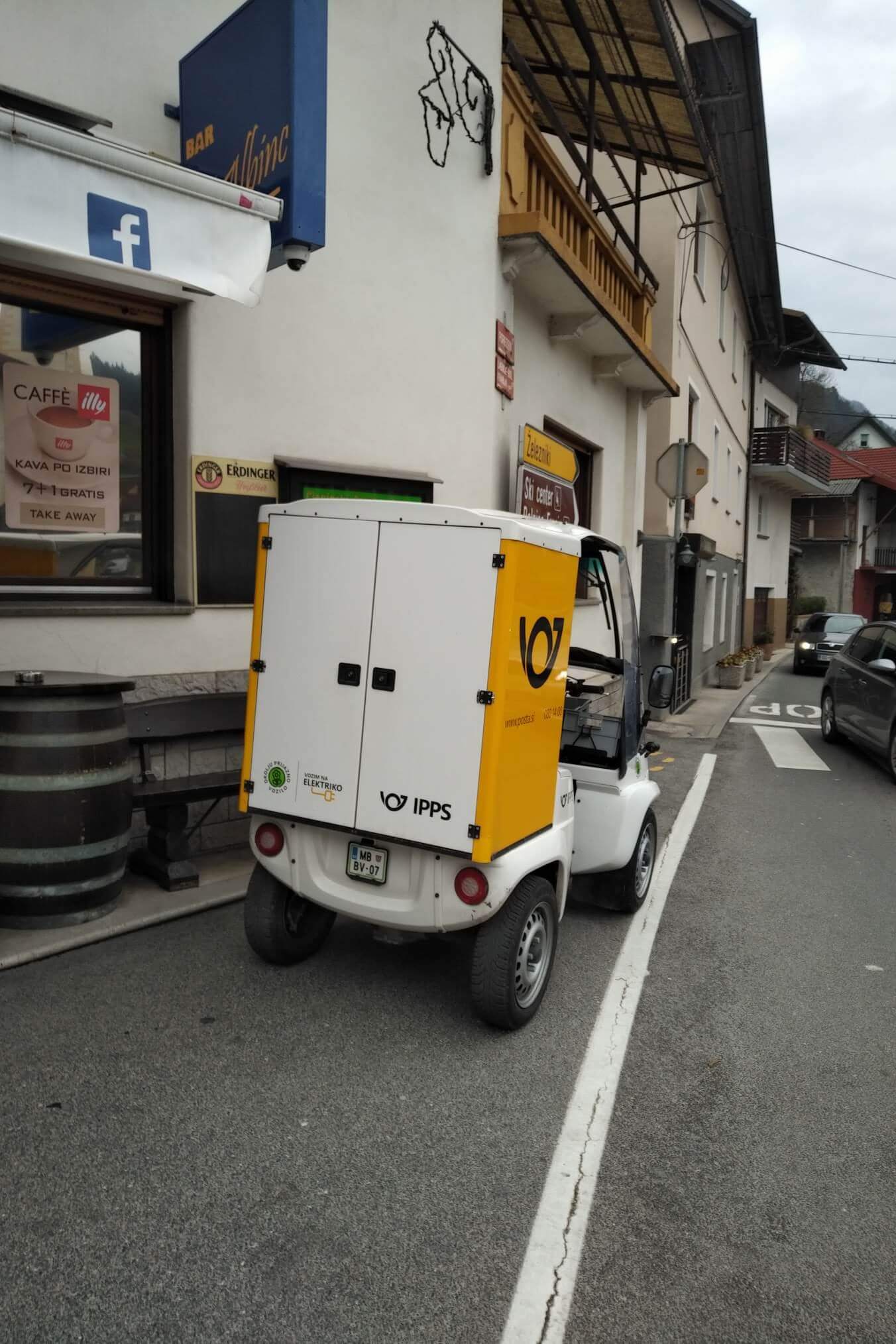
E(lectric) mail in Cerkno
How are you getting around?
I’ve been lent a Ridgeback 603 GS Mountain which is a sturdy steel-framed mountain bike, with 26 inch wheels. It’s got chunky but slick tyres, so it can handle a decent amount of off road.
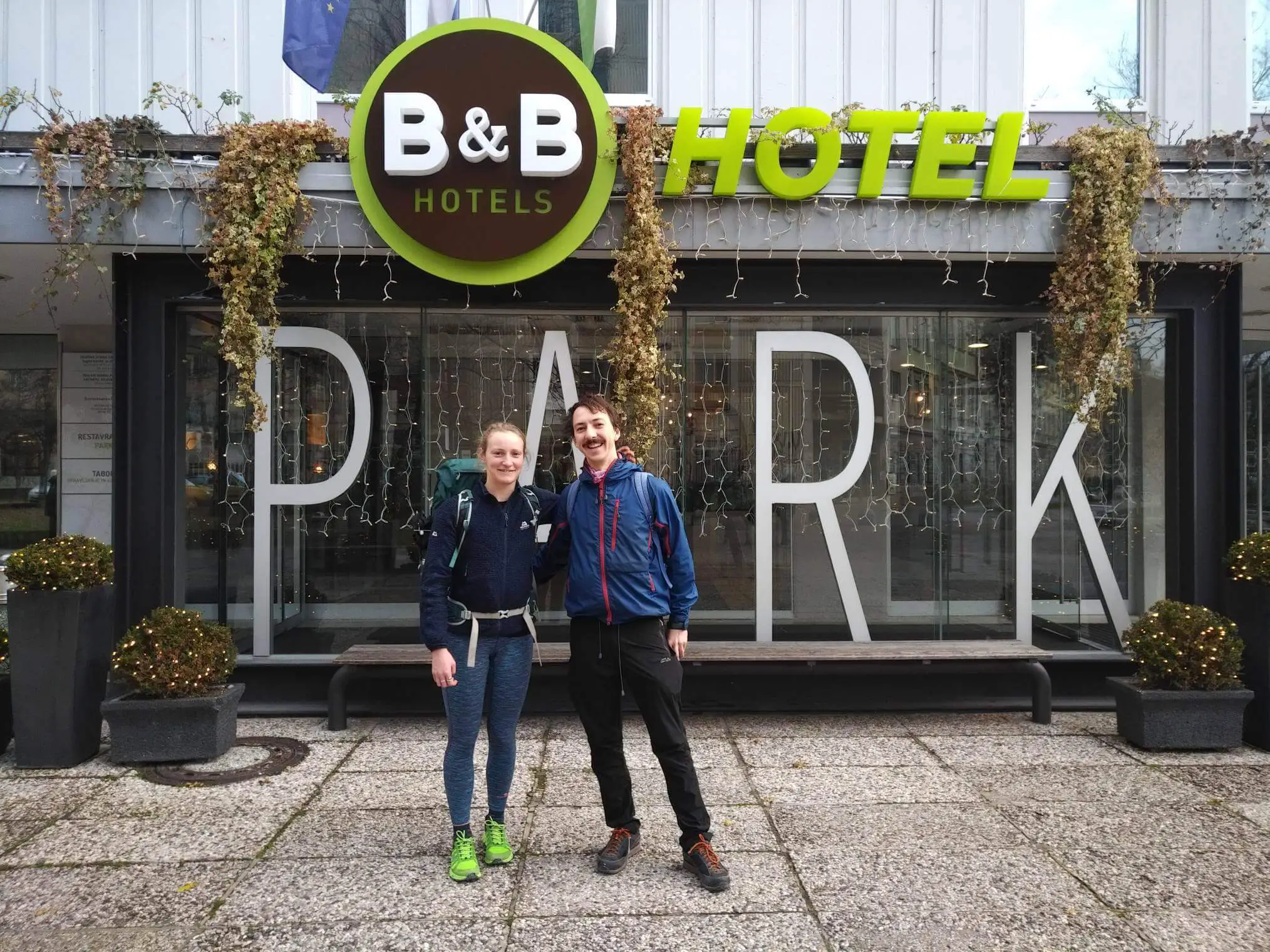
With Rosie at Hotel Park
Where have you been so far?
I entered Slovenia over the Ponte Victoria Emanuelle III near Breginj, and was kindly taken into a house for the night in Homec. From there I went to Slap ob Idrijici where I was again generously hosted after I asked if I could camp. Then because of a closed road I ended up with a big snowy cycle to Škofja Loka along the incredible rivers, with a swim in Soča. Then from Škofja Loka I went to Ljubljana in the snow, and stayed there four days. I met Rosie there and we were generously lent an apartment for three nights and then the very eco-friendly B&B Hotel Park hosted us for the final night.
From Ljubljana I went along the beautiful Krka valley, camped one night just at the start of it. Then was hosted in Novo Mesto before going to Zagreb.
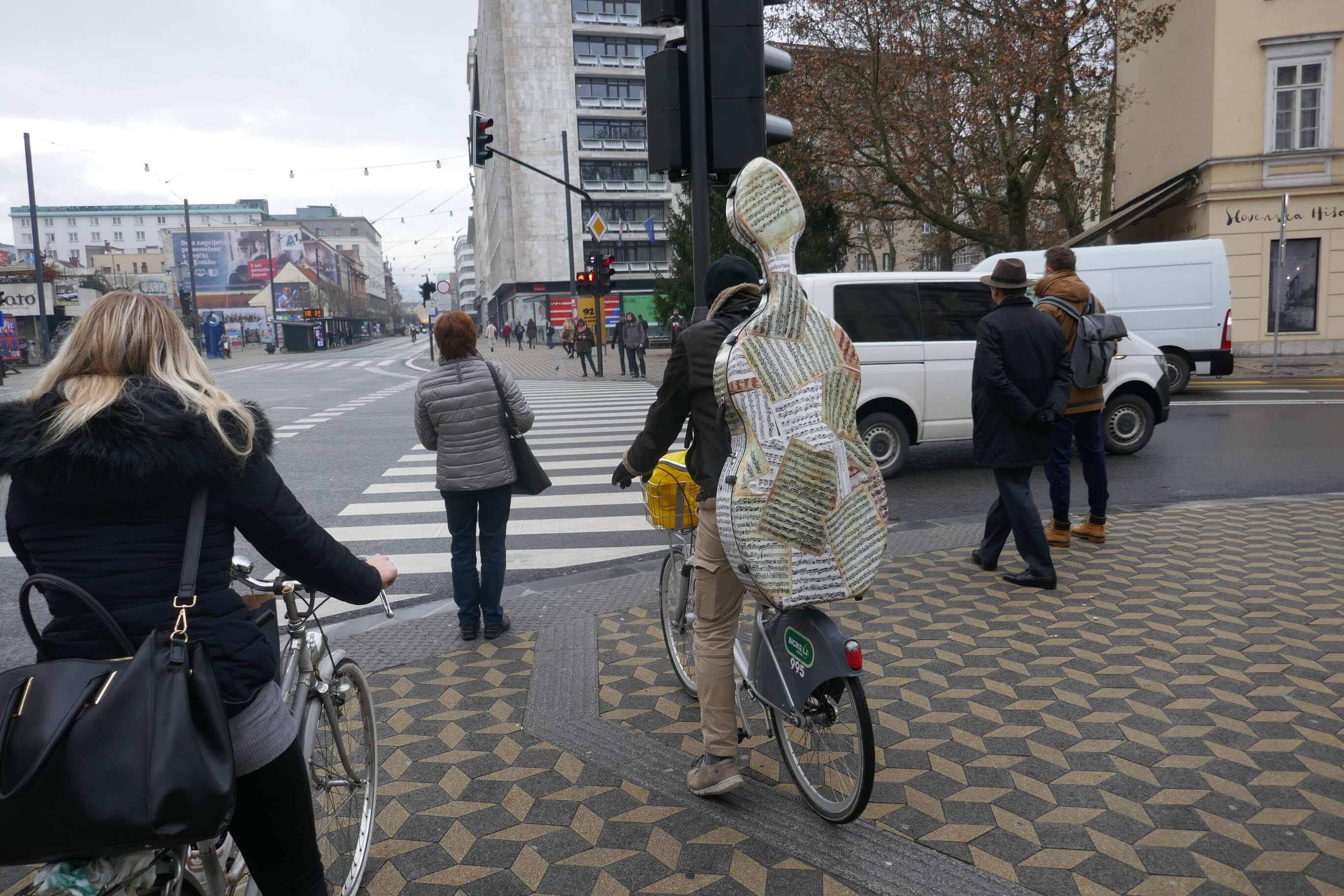
The creative use of bikes in Ljubljana
What are your impressions of the country?
This was my third visit to Slovenia – I’ve only ever come on bicycle. I think it’s a beautiful, understated country. I love seeing the vegetables growing outside people's houses across the country. I hadn’t appreciated how impressive Ljubljana's people-friendly, car-free, city centre is before. This time I really saw how special it is, and how much others should learn from the city!
Any highlights?
When I knocked on a door in Homec at 6pm it was dark and cold. I asked if I could camp in their garden, and they quickly agreed, but then asked wouldn’t I rather sleep indoors?
This was the third time I’d ever knocked on a stranger's door and asked if I could camp, but the first time someone had taken me in. The couple were so kind, and their house was absolutely beautiful, it was a really special experience and I left with such a warm feeling, and many treats for the road!
This started off a string of generosity from people right across the country.
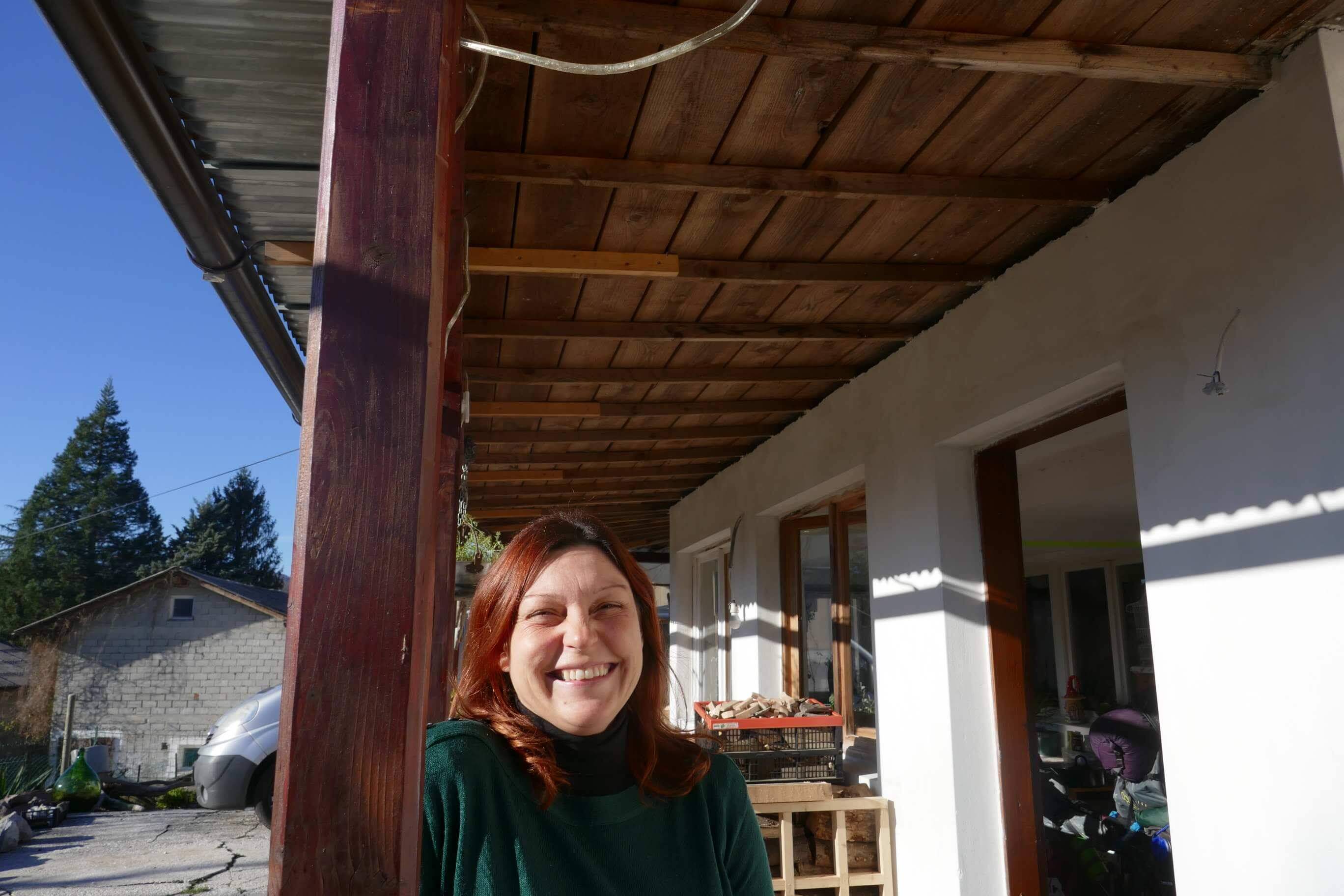
Urška my host in Homec
Any problems?
On the way to Škofja Loka I’d stopped in Cerkno for a coffee recharge and got chatting to a friendly guy in the café. He’d told me about a natural heated pool somewhere past Podpleče. I couldn’t resist trying to find it, instead of going along the more direct road to Škofja Loka.
The road where I thought the pools should be had a sign saying it was closed, I guessed maybe that was only for cars. I’d already gone up and down over a big hill so I wasn’t about to turn around. The road was closed, though, with a huge mound of rubble and diggers blocking the way.
I backtracked a kilometre, and found the road leading to Mrovljev Gric, which was very uphill, and as I started up it began to snow. By the time I was at the top of the hill there was snow covering everything and then: The first ‘crash’ of the New Story Slide… I mean Ride.
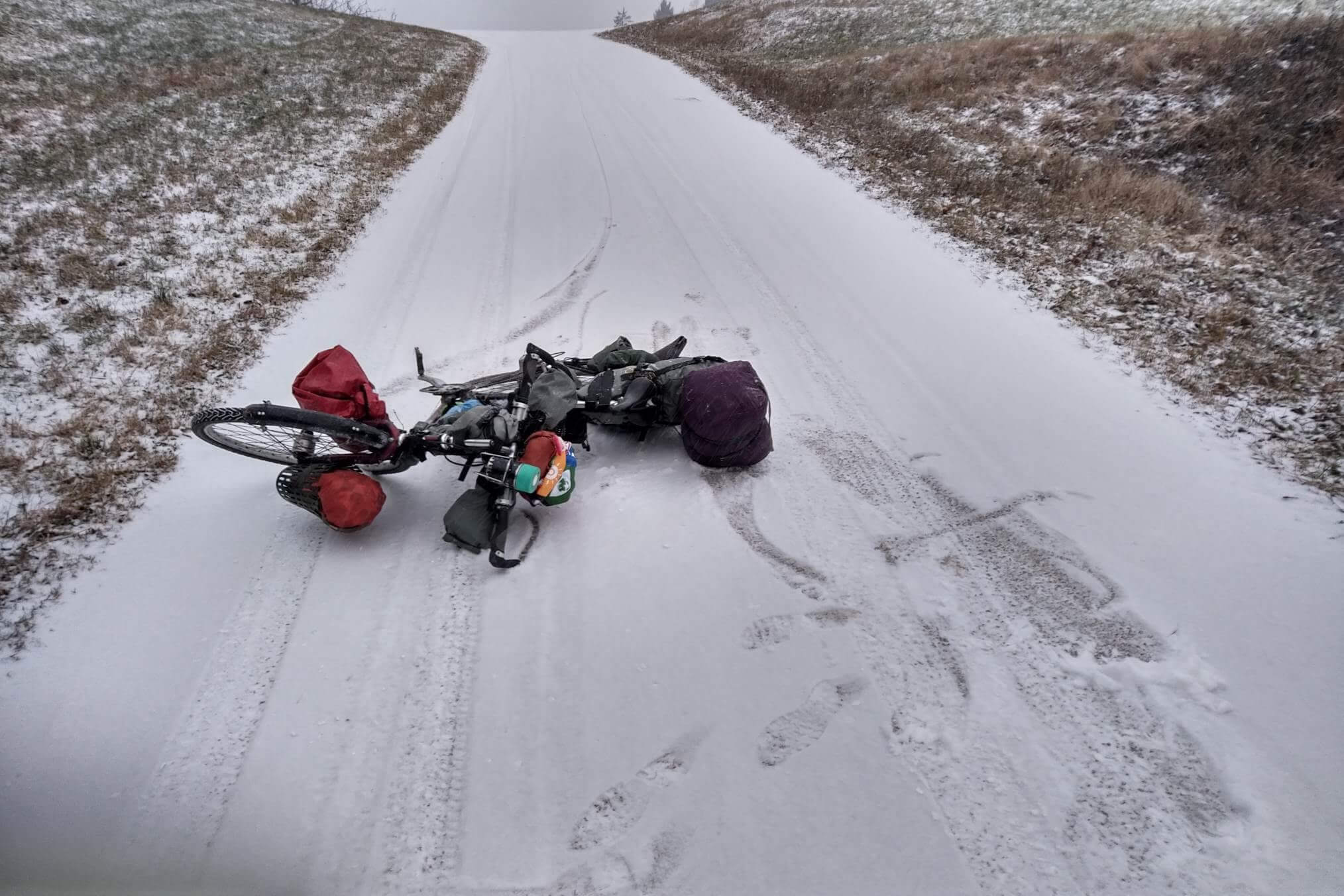
The hour and half of penguin-footed pushing the bike down the snowy hill in the dark was one thing, but the final 20km on a road proved the biggest challenge.
The relief of being off the hill evaporated, or was smothered by the slippery new snow, and the dark reality of a road populated by obnoxiously fast cars. Driving is one thing, but doing so close to a cyclist and occasionally beeping is very unnecessary. It was almost with tears in my eyes I met Rosie at Ziva and Matej’s house outside Škofja Loka. Accompanied by Prince’s “Purple Rain” blaring out of my coat.
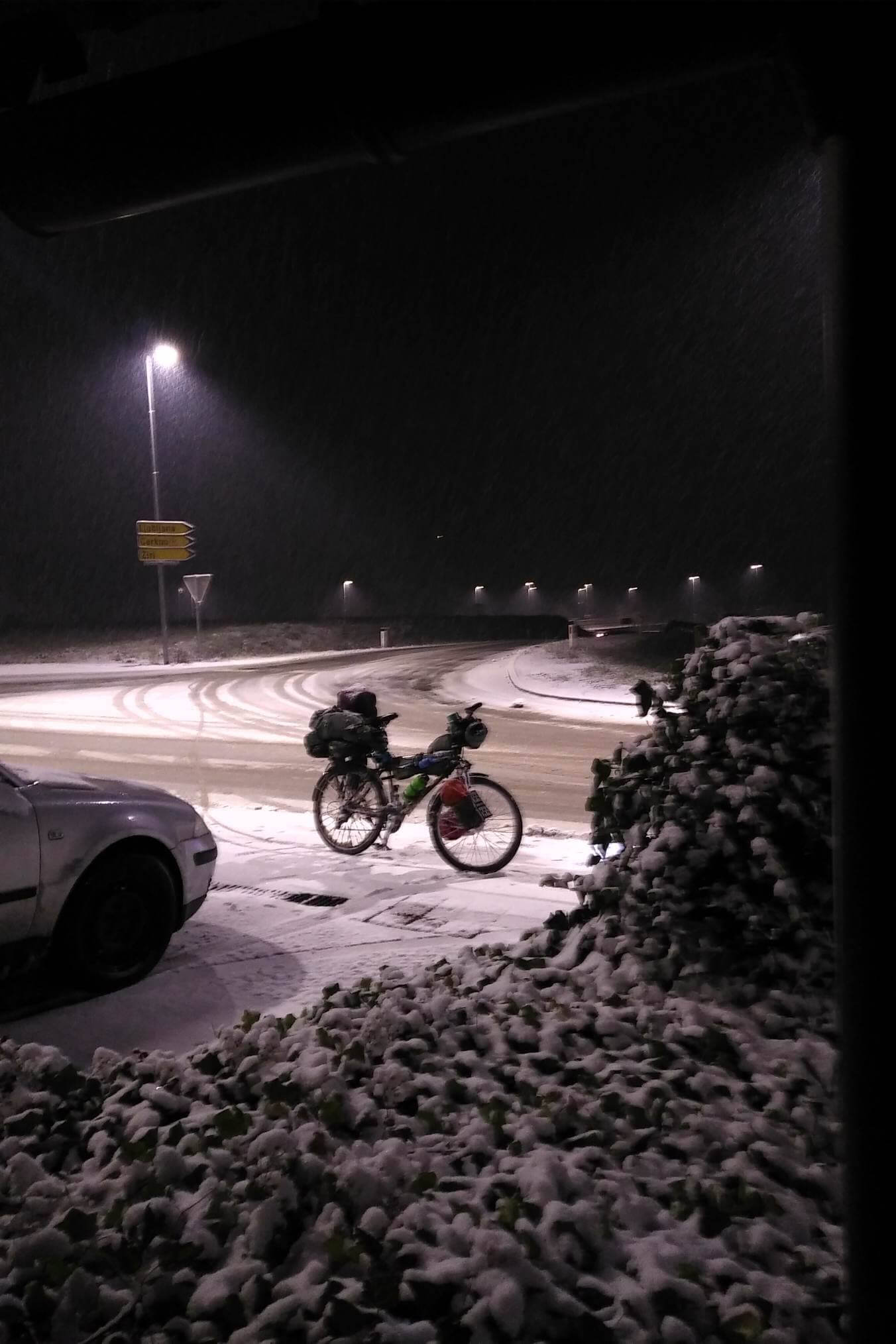
How can people help or learn more about your project?
The most important thing is for people to start creating and telling a new story, one that makes a better, happier, more fun world that isn’t going to end in climate catastrophe. What that means is going to be different for everyone. People can help the New Story Ride directly through offering places to stay, a meal, or contributing to the GoFundMe page, and reaching out to share stories that could be visited along the way.
You can follow my story on the website, NewStoryRide, look out for #NewStoryRide and follow on Instagram/Twitter: @elmers87 or the Facebook page: The New Story Ride
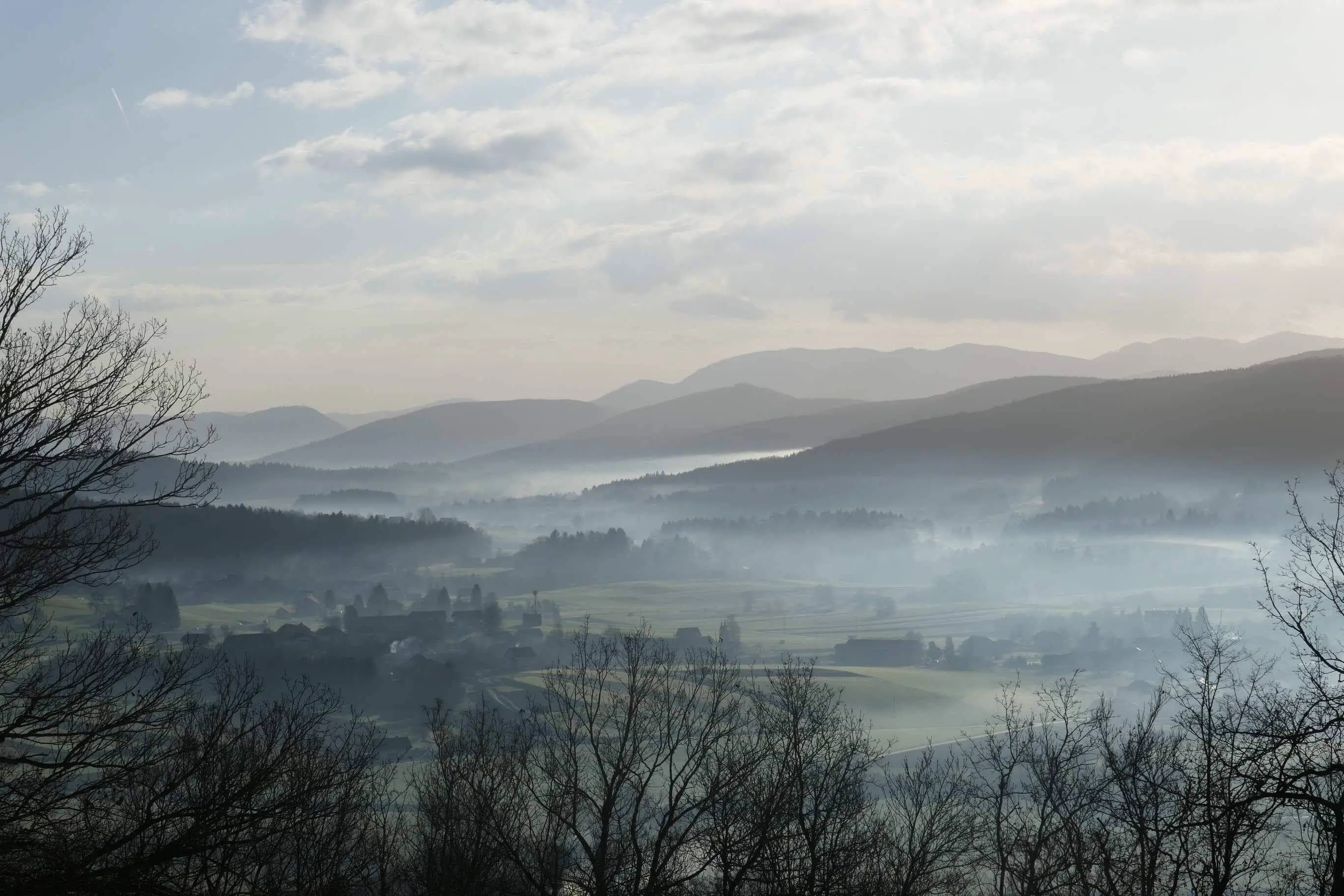
Krka valley
Where are you going next?
I’m now in Croatia, on the car-free island of Silba. I’m looking for pieces of the new story as I go down the coast, intending to visit other islands too, and then I may go to Bosnia and Herzegovina and Serbia if the winter isn’t going to be too hard. I also plan to go to Albania, as the mayor of Tirana is doing interesting work to make the city bike and people friendly. Then maybe Greece, before Bulgaria to take the boat across the Black Sea to Georgia, Azerbaijan and then most likely across the Caspian Sea, if it’s not possible to visit Iran. Then intend to travel through Kazakhstan, Uzbekistan, Tajikistan, Kyrgyzstan, back to Kazakhstan and then either through some of Russia or China to reach Mongolia. Simple, right?
You can learn more about Mike’s story on his website, Facebook, Twitter or Instagram, and if you have a story about Slovenia you’d like to share with our readers please get in touch at This email address is being protected from spambots. You need JavaScript enabled to view it.
STA, 13 January 2020 - A senior Chemistry Institute researcher has received a EUR 150,000 follow-up grant from the European Research Council (ERC) to develop applications for a novel gene-editing method that had been discovered as part of an earlier ERC grant.
Roman Jerala, the head of the Chemistry Institute's synthetic biology department, had received the prestigious EUR 2.5 million ERC advanced grant for protein research in 2018 and his team have already discovered a novel way to use the popular CRISPR gene editing technique.
The new proof of concept grant that he received now is meant to facilitate the transfer of these scientific findings into practice, for forging partnerships, and for the initial phase of commercial deployment.
Last year the Chemistry Institute submitted a patent application for the improved CRISPR method, now the researchers plan to develop technologies for biotechnical use in plants, microorganisms and mammal cells.
The new project is called CCEdit and will last 12-18 months in cooperation with researchers from Oxford University and Cambridge University, links that are expected to improve the commercial potential of the technique.
Cell and gene therapy is one of the fastest-growing areas of medicine and provides new avenues for treatment of the most difficult diseases, including cancer.
STA, 13 January 2020 - The newspaper Večer argues in Monday's lead commentary that the state should help Slovenia's ailing ski-lift operators to invest into modernising their facilities and allow them to operate year round.
Given climate change and the projections that snow is not to be expected below ever higher altitudes, the paper agrees that millions' worth of investment into ski slopes at altitudes below 1,500 seems like throwing money out of the window.
"However, despite understanding climate change, the state should not just give up on ski resorts and leave them up to weather conditions and market rules."
The paper says that in that case most ski resorts would go bust, which would impact negatively on tourism, economy and jobs.
It cites a study commissioned by the Economy Ministry, which shows that one euro spent on a ski pass in Slovenia generates an extra four euro at the destination.
This is why it believes the question of why the state should bail out ski-lift operators should also take into consideration the multiplier effect, including the overall tax take.
It also says that ski resorts should expand their offerings year round.
"If the state transforms ski lifts into public infrastructure and allows new investment through subsidies, and if alpine centres focus on year-round tourism, we will be still skiing in Slovenia in 2100. It will only be three months, but mainly on account of visitors in the other nine," concludes the paper under the headline Skiing in 2100.
Orthodox communities in Slovenia are getting ready for the New Year's celebrations, which will take place on Monday night, January 13th.
In 1582 a switch to the Gregorian calendar started to take place in the Western Christian world due to increasing divergence between the Julian calendar and certain religious holidays based on astronomical events, such as Easter. The change to a shorter Gregorian year in the 16th century required 10 days to be skipped. The difference has since increased to 13 days.
Although most Eastern Orthodox countries had adopted the Gregorian calendar by 1924, the national Churches had not, which is why most of the shared Christian holidays are not synchronised and the New Year’s Eve seems to be celebrated twice.
Another interesting fact has been brought to our attention by one of our readers. In 1923 a Serbian geophysicist, climatologist and astronomer Milutin Milanković (1879–1958) presented the following suggestions for the Julian calendar reform:
The beginning of the year would have be changed for 13 days to offset the astronomical difference which accumulated since the first Council of Nicaea in 325, the same thing that needed to be done when the Gregorian calendar was introduced.
Most importantly, the rule for adding leap days would be corrected so that the calendar would no longer lag behind astronomical phenomena. The adjustment would apply to years ending with 00. Such a year is, according to Milanković, a leap year only when the division by 900 bears the remainder of 200 or 600.
In comparison, the Gregorian calendar introduced leap year omissions every year that is divided by 100 but not if it can also be divided by 400.
As a result, the non-leap years according to Milanković are: 2100, 2200, 2300, 2500, 2600, 2700, 2800, 3000, 3100, 3200, 3400, 3500, 3600, 3700, etc., while the non-leap years according to Gregorian calendar are 2100, 2200, 2300, 2500, 2600, 2700, 2900, 3000, 3100, 3300, 3400, 3500, 3700, etc.
As you can see, the Gregorian and Milanković’s calendar begin to diverge in 2799, the year when Gregorian calendar fails and Milanković’s doesn’t.
The revised Julian Calendar was adopted by most of the Orthodox churches except for the Orthodox churches of Jerusalem, Russia, Serbia, North Macedonia, Georgia, and Ukraine. In these countries the new calendar was refused for mostly political reasons – the calendar seemed to have resembled obedience to the Catholic papal decree to closely.
STA, 11 January 2020 - Deržič, a family-run business from the east of the country specialising in fire doors and solar trackers, has made it to almost all continents over the past 25 years. It is now launching a major investment drive.
Speaking to reporters earlier this week, the company owner Rudi Deržič announced an investment of EUR 1.5 million into an expansion of its production facilities.
Their chief products are fire doors, soundproof doors, flood doors and recently sliding glass radiation protection doors, all made to order, and all product of Deržič's own know-how and development.
Based in Veliki Obrež near Dobova, the company has also developed dual-axis solar trackers for solar panels, erecting the largest solar power plant in the country at its location.
The plant, comprising 90 such trackers, supplies 850,000 kilowatt hours of power into the grid on average annually.
According to Deržič, the trackers make it possible to increase the efficiency of solar plants by almost 50% and provide adaptability to all weather conditions, in particular strong wind.
Employing 25 people, the company posits an average of EUR 2 million in annual revenue, roughly 10% of which is reinvested. Steady growth is expected to continue.
Almost a third of the output is exported with a 20% growth projected in foreign markets this year.
The headcount is also expected to increase gradually, with plans to hire in particular engineers.
As a side activity, the company also runs an energy self-sufficient farm on a remedied local landfill, breeding a small herd of cattle.
The company also manufactures metal door frames and other types of doors. It will supply doors for Hotel Brdo at the Brdo estate as part of renovation.
You can learn about the company here
STA, 12 January 2020 - Several thousand people made the pilgrimage to the village of Dražgoše in north-west Slovenia on Sunday to attend a ceremony marking the 78th anniversary of a battle that is seen as one of the defining events of WWII on Slovenian soil.
The first event of the year on the annual calendar of major celebrations of WWII turning points, the ceremony commemorates a battle that started on 9 January 1942, when the 200-strong Cankarjev Battalion tried to stop German troops advancing towards the village of Dražgoše.
It was fought in deep snow and below-zero temperatures against some 2,000 Nazi Germans to prevent the deportations of locals. After three days, the German troops reached the village and killed twenty locals and another twenty in retaliation after the Partisans retreated.
The Nazis, who lost over 100 soldiers, completely destroyed the village and drove the survivors out. The Partisans lost nine soldiers.
Senior official including President Borut Pahor, Speaker Dejan Židan, Defence Minister Karl Erjavec, former president Milan Kučan and several other cabinet members and MPs from the ranks of leftist parties were on hand today.
The turnout reflects the historical division over WWII that persist through this day, with leftist parties celebrating Partisan achievements during WWII and rightist parties and media decrying the Dražgoše ceremony as a "red orgy".
Osrednja slovesnost ob 63. prireditvi “Po stezah partizanske Jelovice” ob 78. letnici dražgoške bitke. PRS je pri spomeniku v Dražgošah položil venec. pic.twitter.com/rKdMBcV9Bj
— Borut Pahor (@BorutPahor) January 12, 2020
The keynote speaker today, the poet Ervin Fritz, used the opportunity to decry neoliberal capitalism, which he said should be the subject of "radical critique", while extolling the virtues of socialism, even as he acknowledged it has its mistakes and had become "degenerated" in Yugoslavia to the extent that Slovenia's national independence was jeopardised.
This necessitated leaving Yugoslavia, but in doing so Slovenia went from bad to worse, he asserted. "That present-day Slovenia is the realisation of the dreams of centuries and millennia is merely rhetorical hubris, for the renowned protagonists of independence had carried out a counter-revolution at the same time - the restoration of capitalism," he said.
As a result, all public good has become prey and "now we allow the sell-off of all that had been created. We give domestic and foreign predators freedom to act, he said.
Check the date at the top of the page, and you can find all the "morning headlines" stories here. You can also follow us on Facebook and get all the news in your feed.
A schedule of all the main events involving Slovenia this week can be found here
This summary is provided by the STA:
Anniversary of Dražgoše battle marked
DRAŽGOŠE - Several thousand people made the pilgrimage to the village of Dražgoše in north-west Slovenia to attend a ceremony marking the 78th anniversary of a battle that is seen as one of the defining events of WWII on Slovenian soil.Senior official including President Borut Pahor, Speaker Dejan Židan, Defence Minister Karl Erjavec, former president Milan Kučan and several other cabinet members and MPs from the ranks of leftist parties were on hand.
Renault Clio named Slovenian car of the year
LJUBLJANA - Renault's Clio, which has been among the best selling car in Slovenia since its launch in 1990, has been named the Slovenian car of 2020. The French car maker's supermini beat Opel Corsa, Volkswagen T-Cross, Škoda Kamiq and Mazda CX-30 in a competition organised by the Slovenian automotive media for the 28th time.
Visiting Ljubljana? Check out what's on this week, while all our stories on Slovenia, from newest to oldest, are here
If you're learning Slovenian then you can find all our dual texts here
Klemen Slakonja, the most successful Slovenian YouTuber, just came out with another potential hit. After a collection of music videos in which he impersonates famous people singing, his latest gem comes in a form of a tourist ad for Slovenia, presented by the American First Lady, Melania Trump.
Slakonja, who is an actor by profession, looks stunning while introducing Slovenia’s main tourist attractions, Melania’s home town of Sevnica included.
Last month Klemen Slakonja posted his new music video featuring Luka Dončić and Drake, which has since gathered close to a million views. His most popular YouTube video so far, with 28 million views, remains Putin Putout, posted in February 2016.





